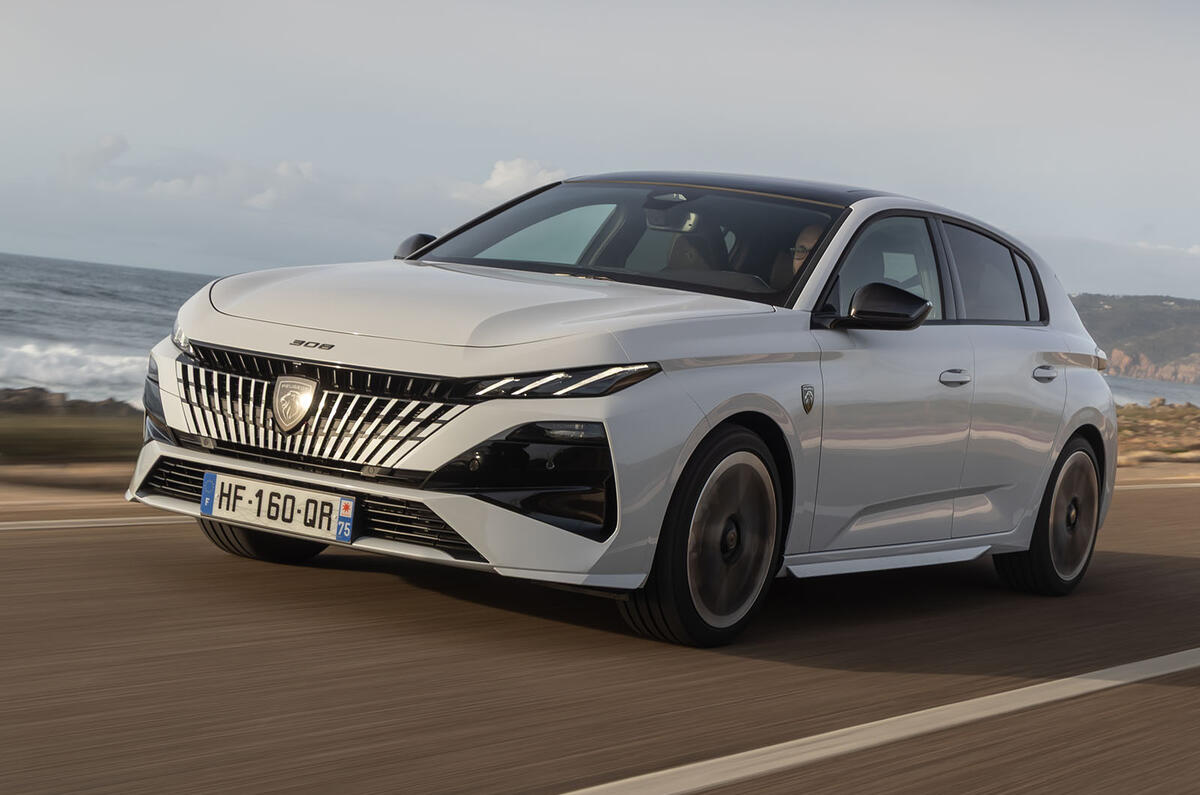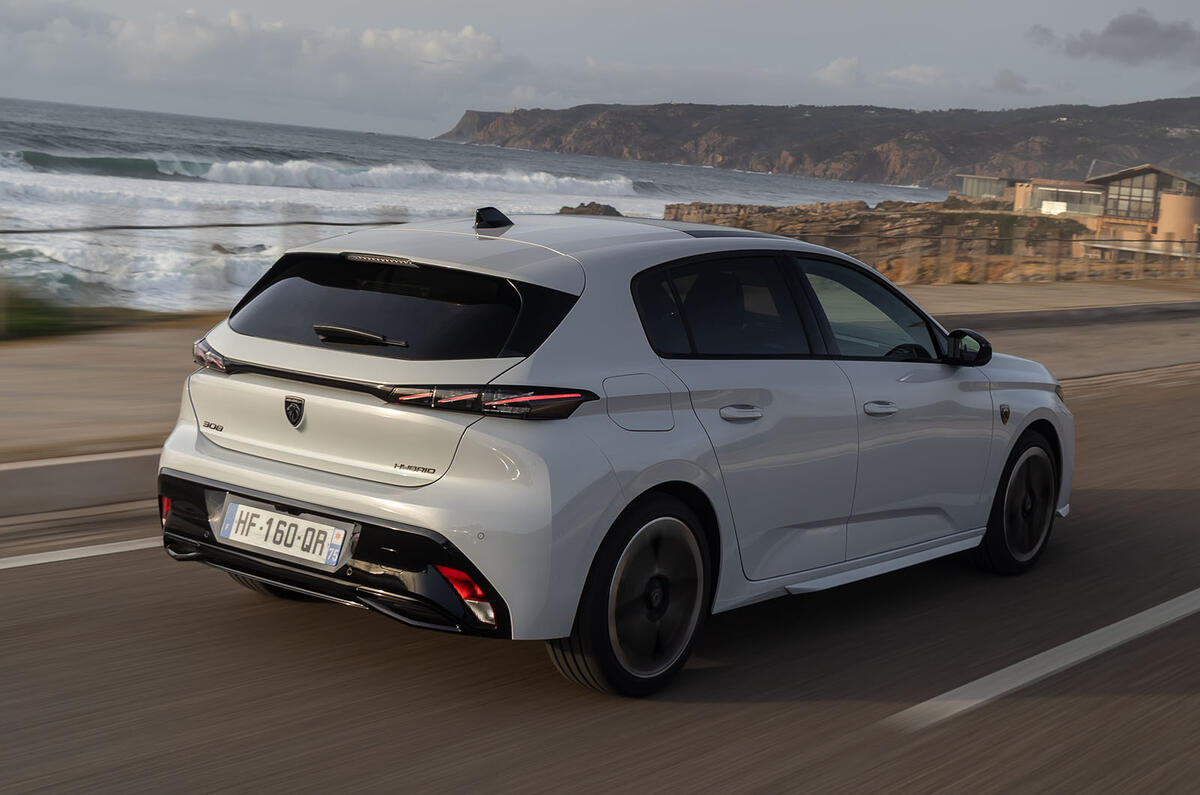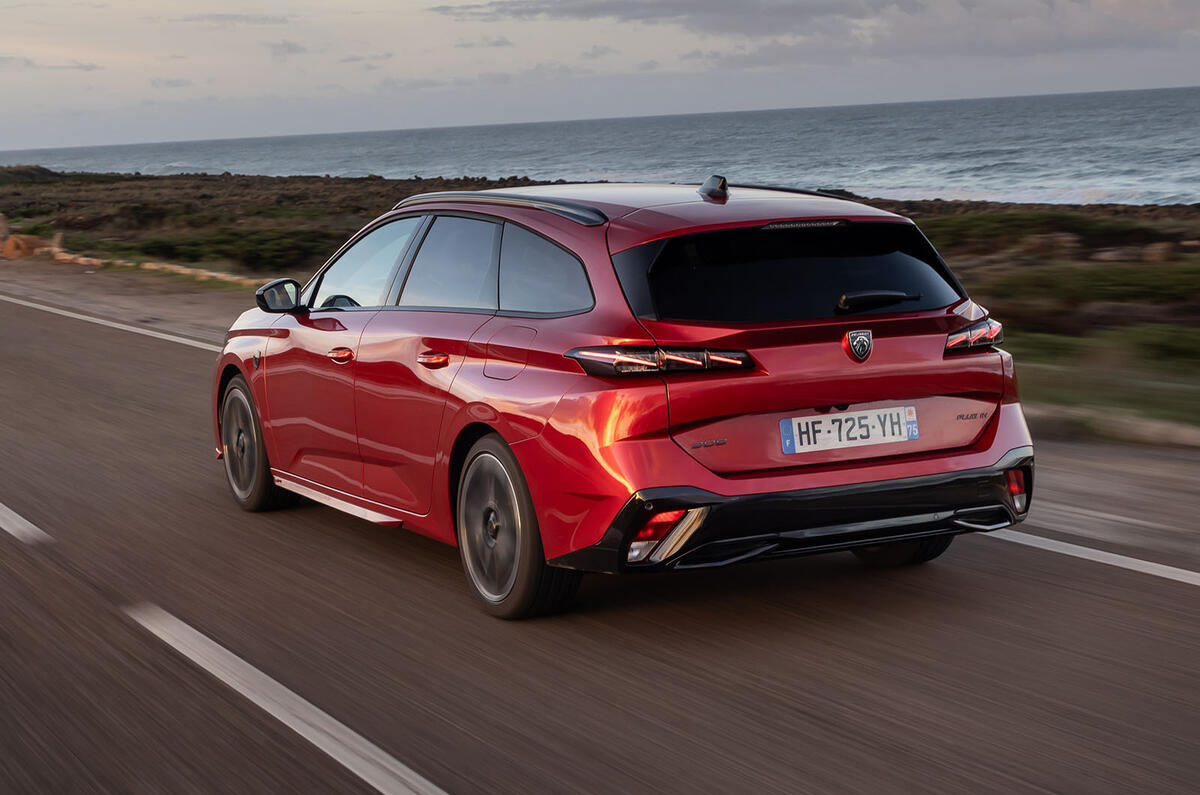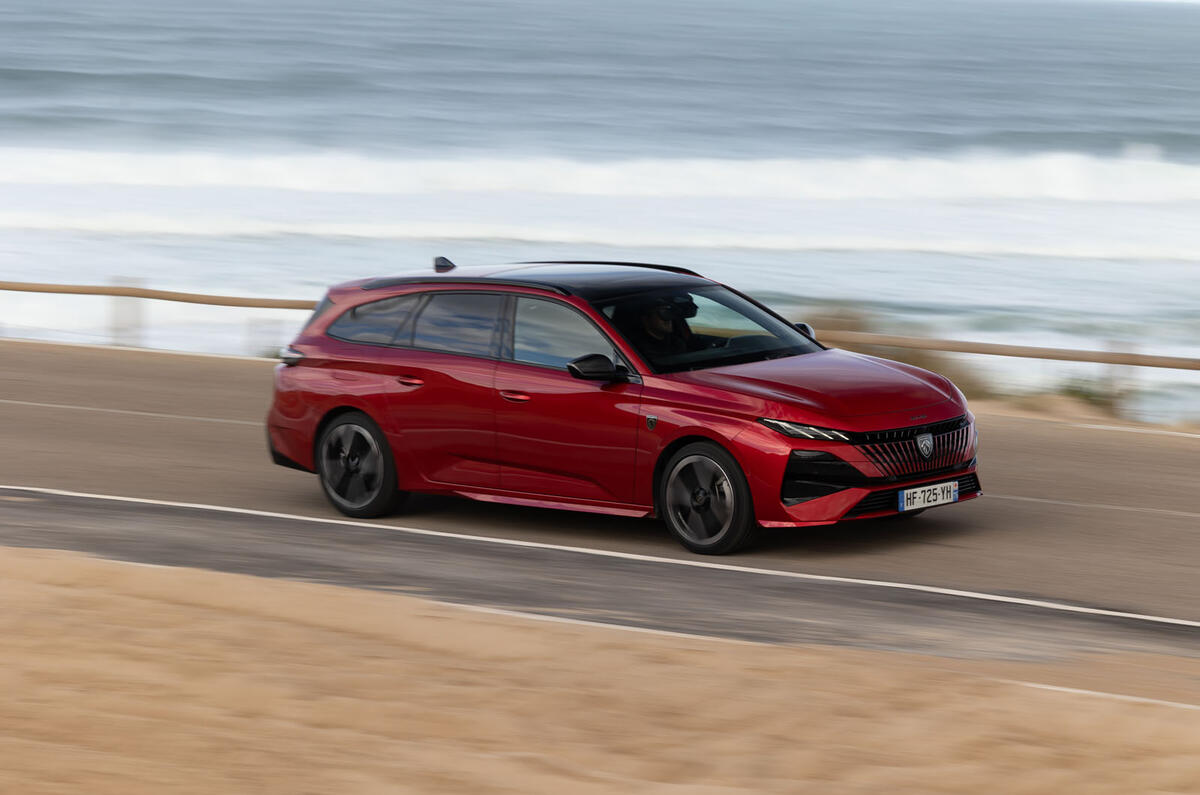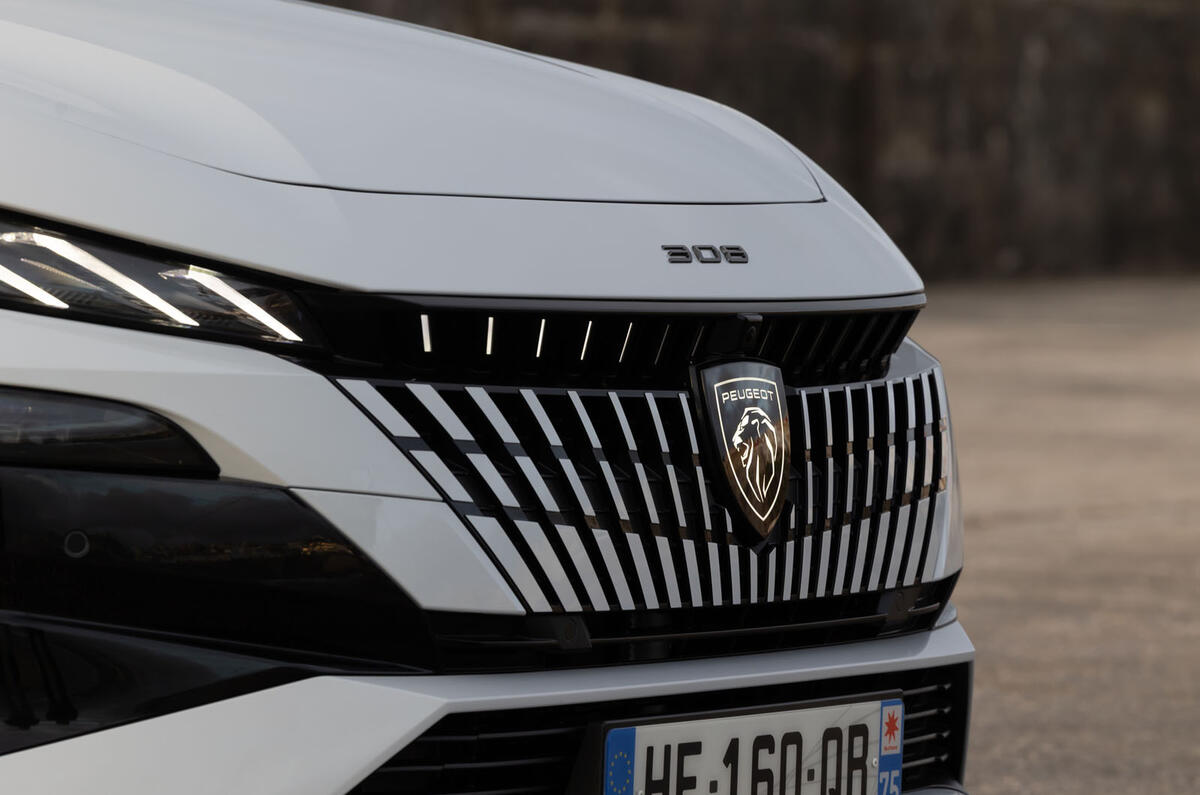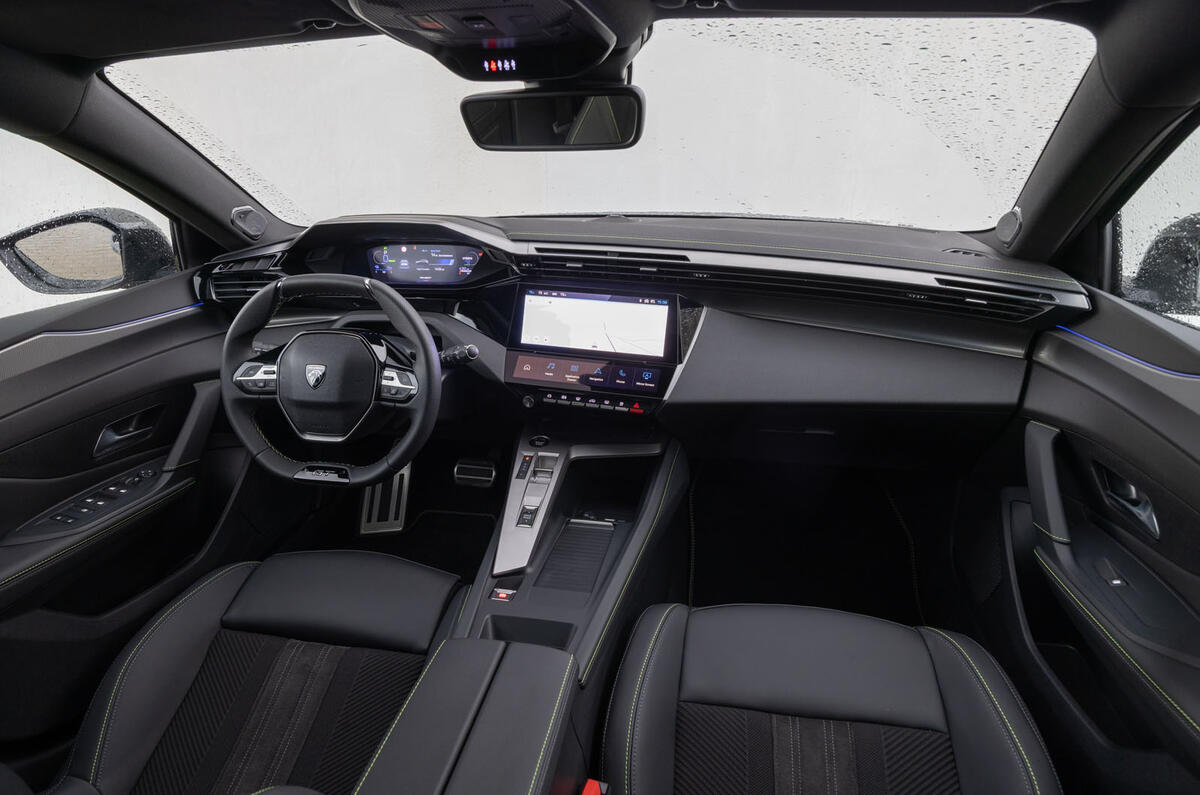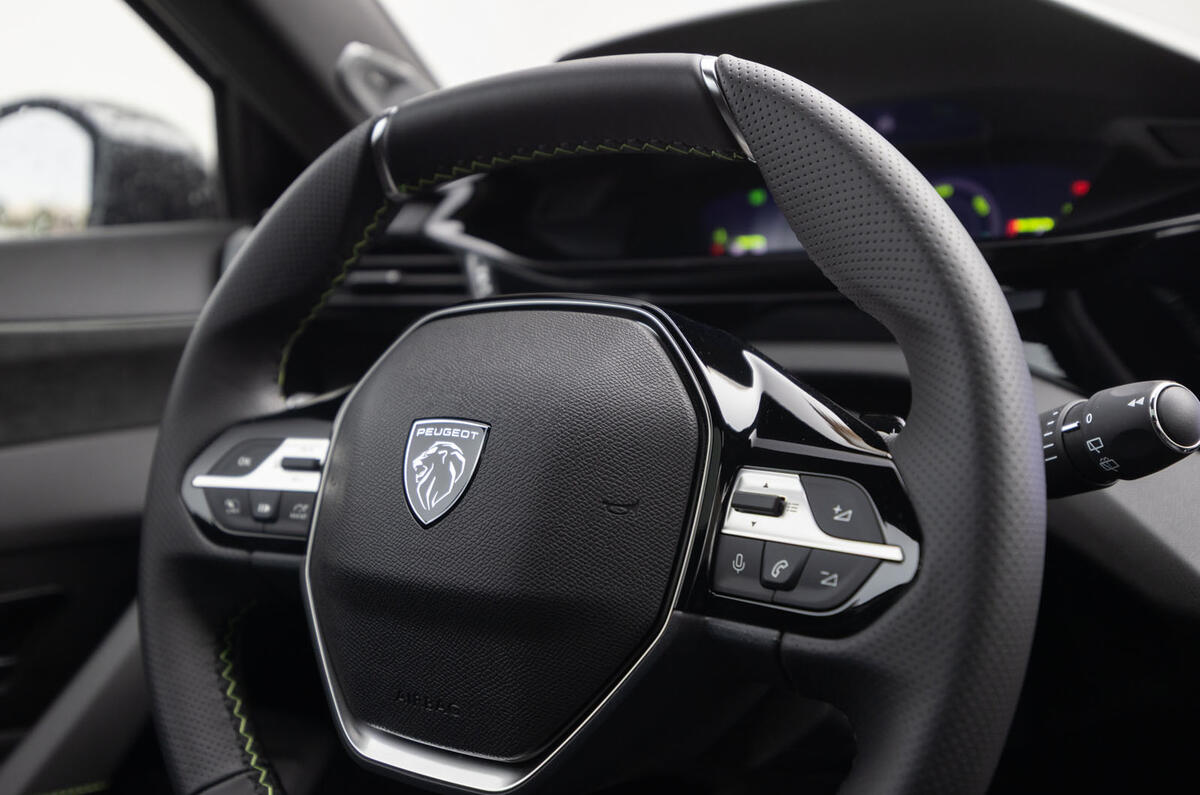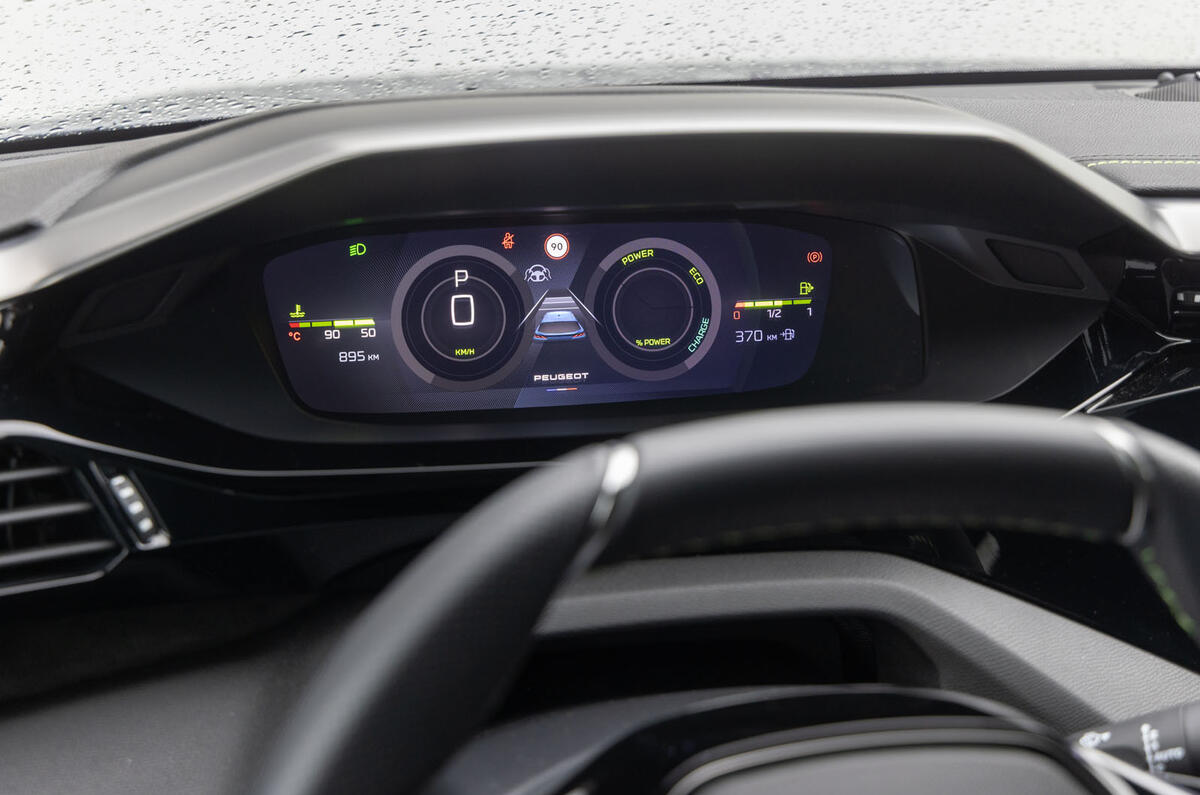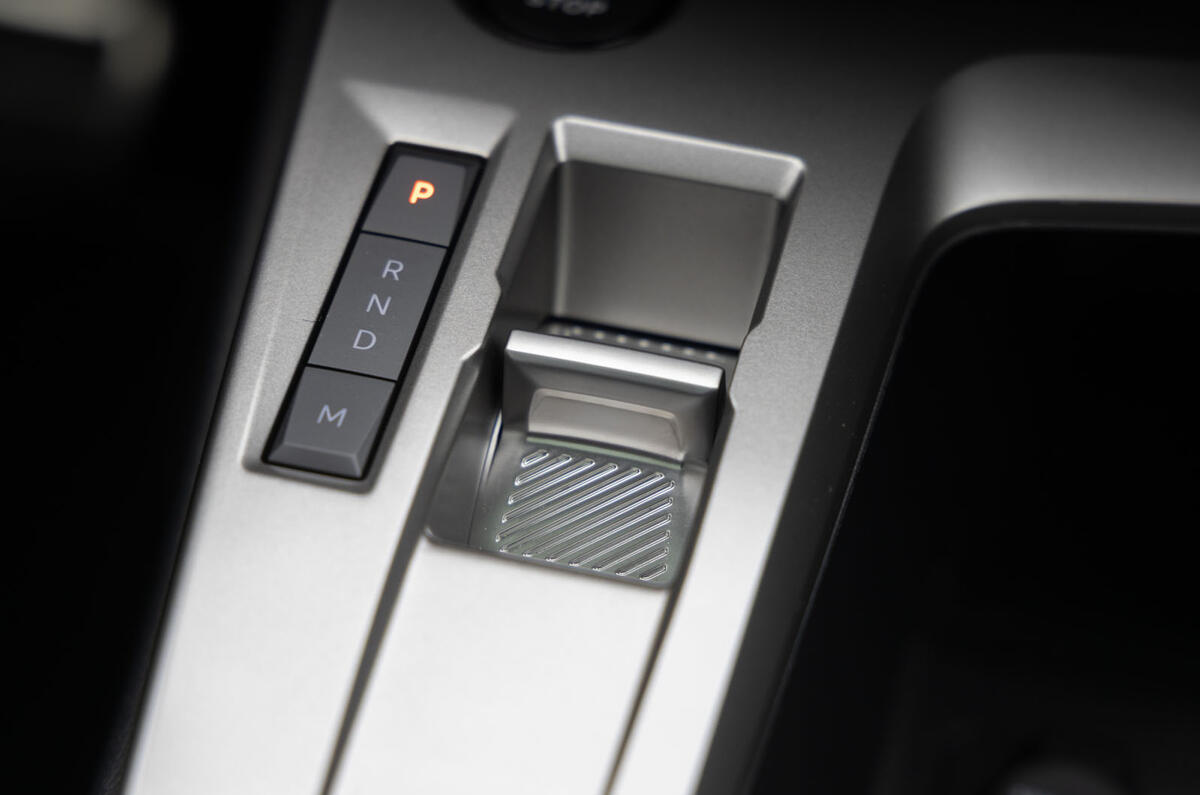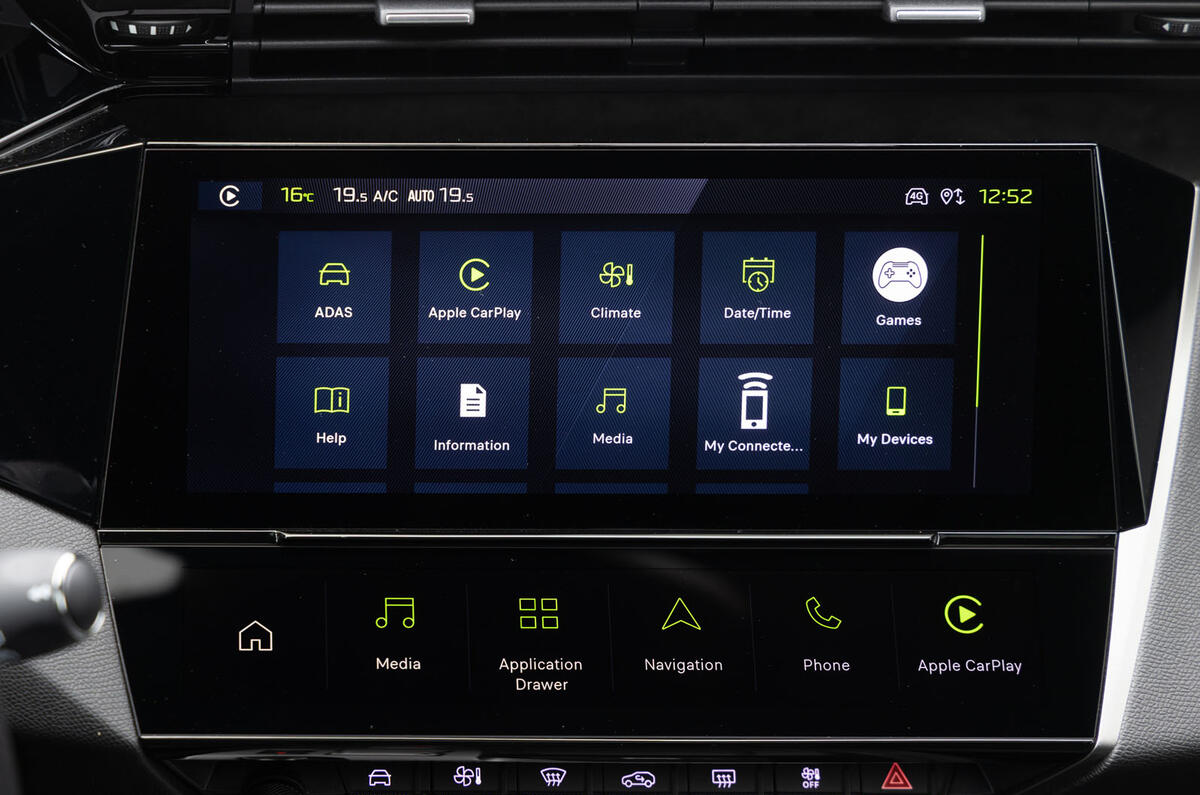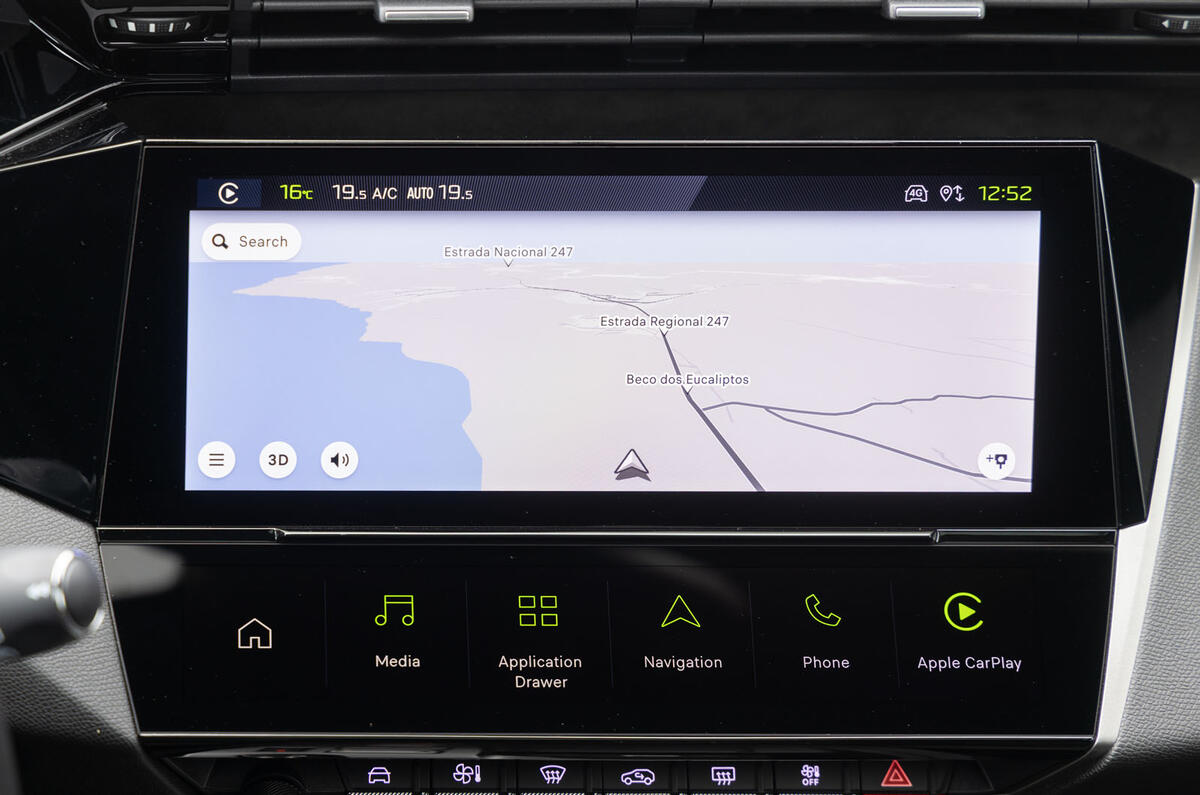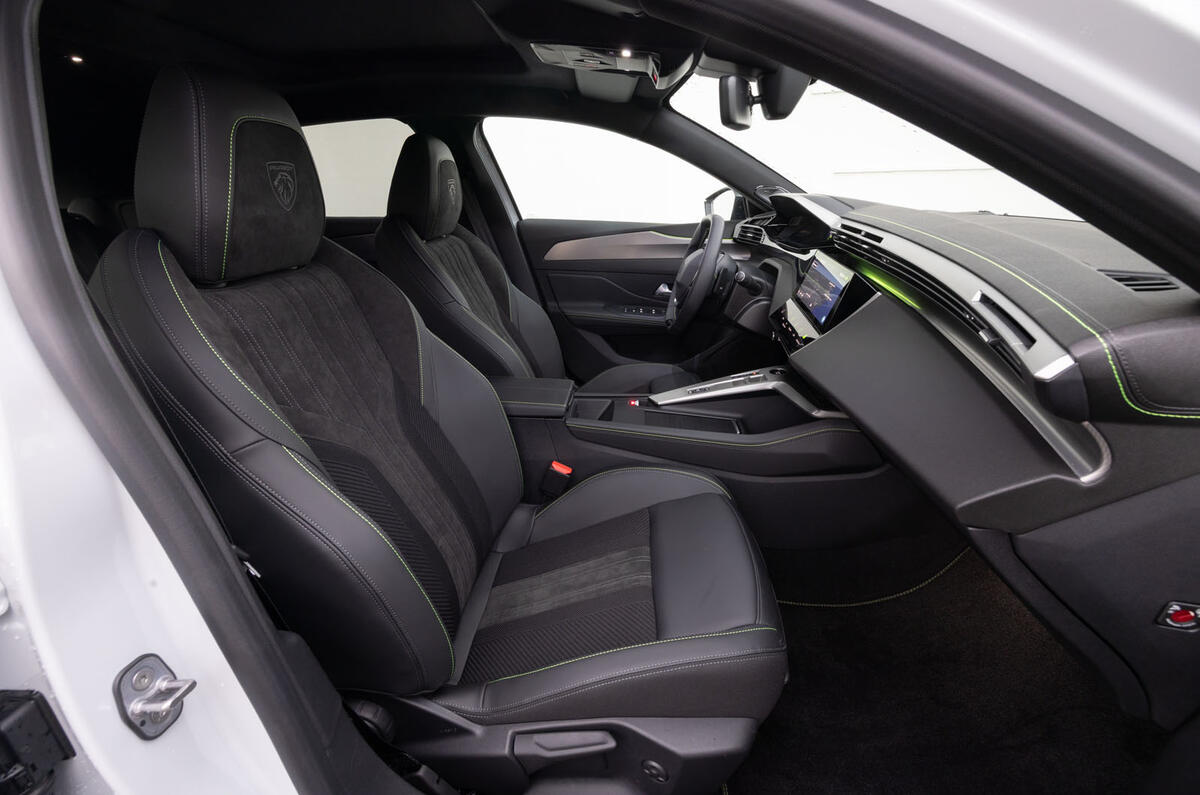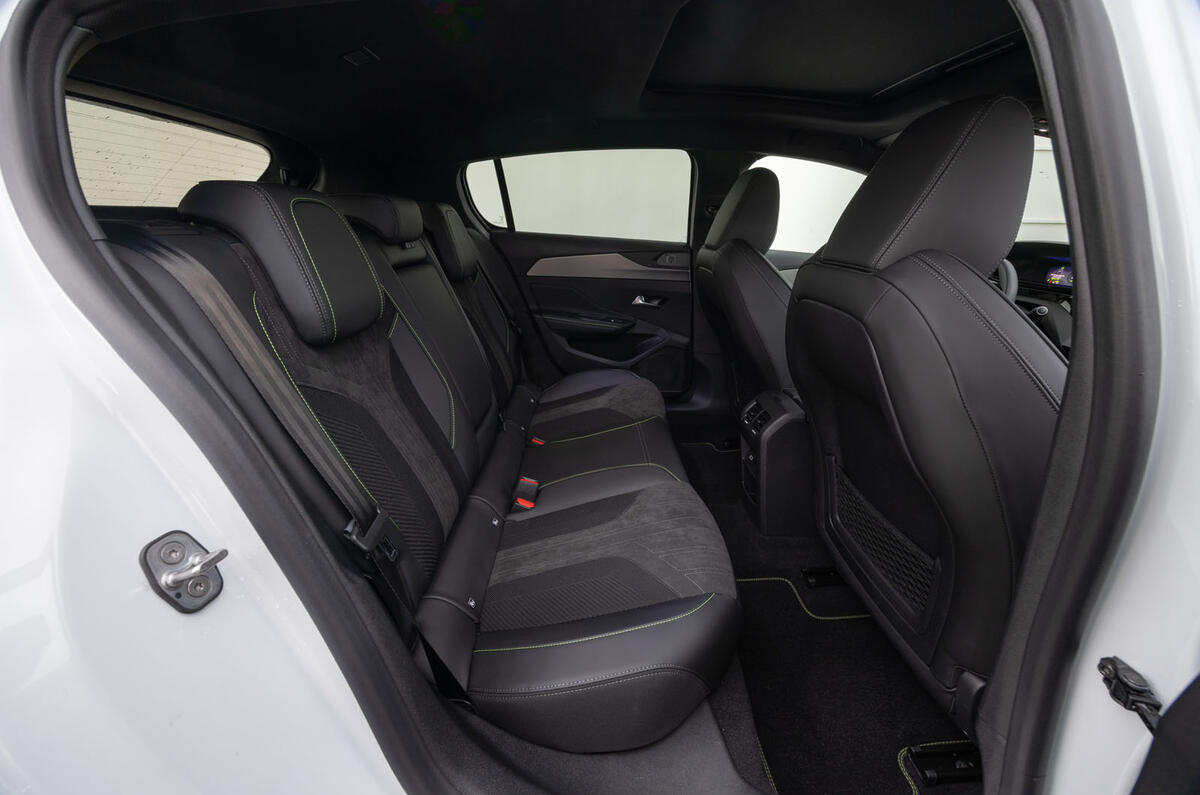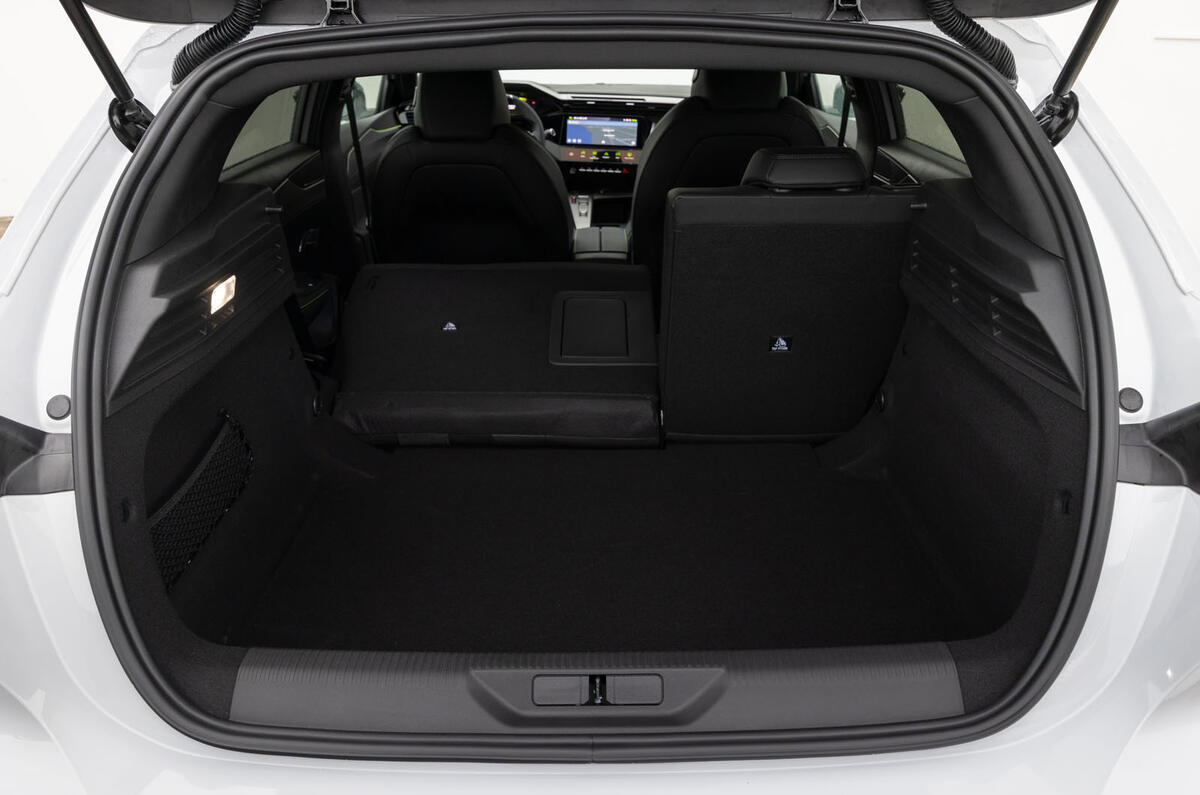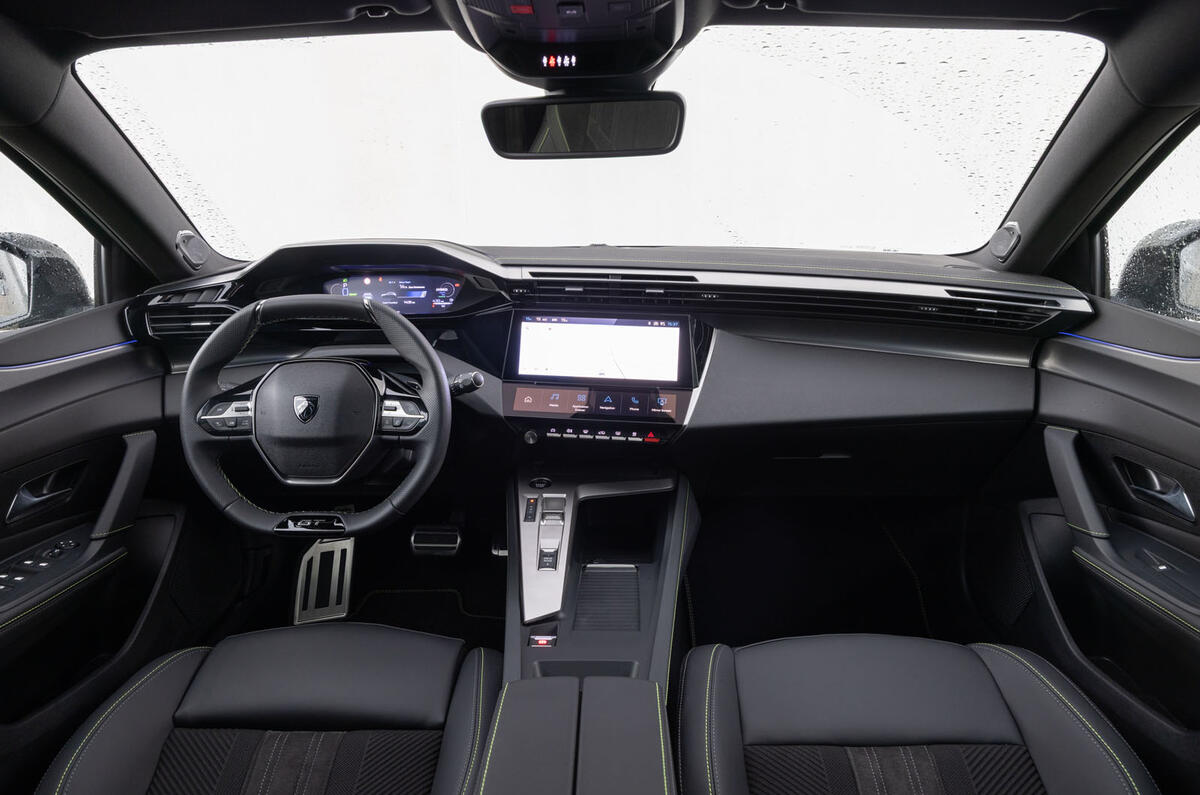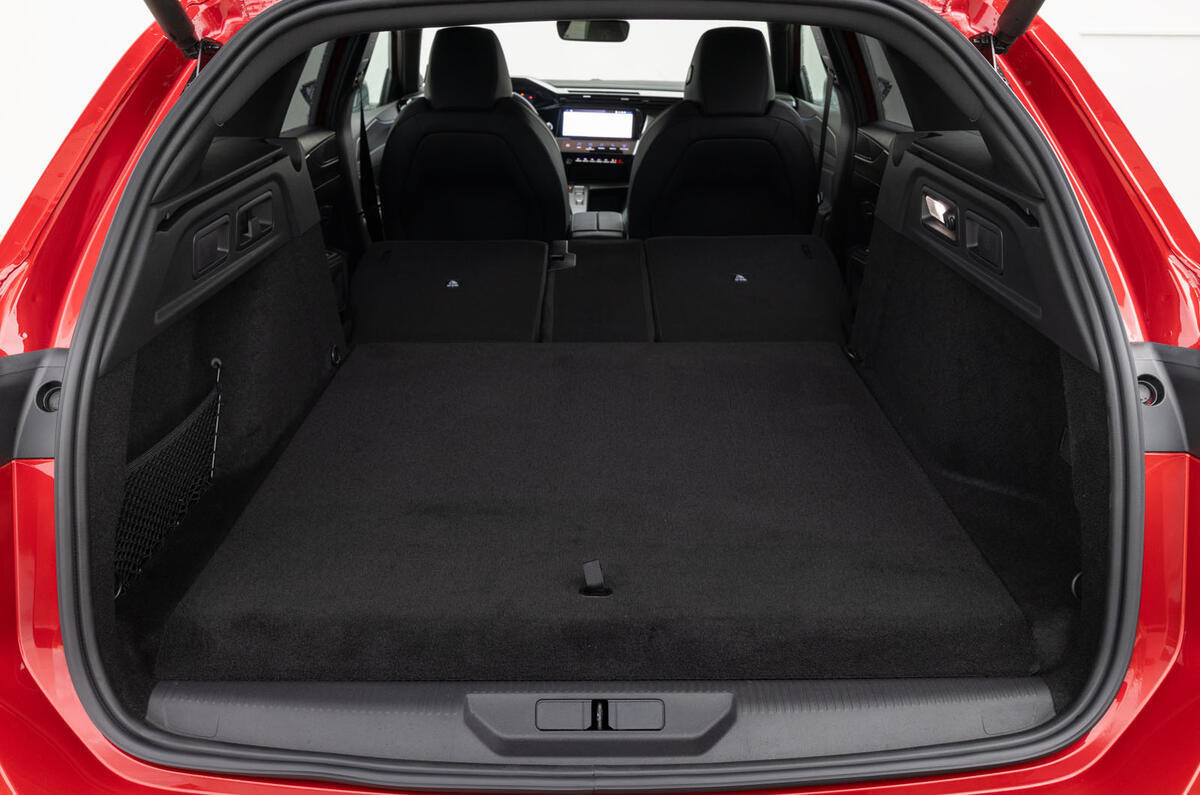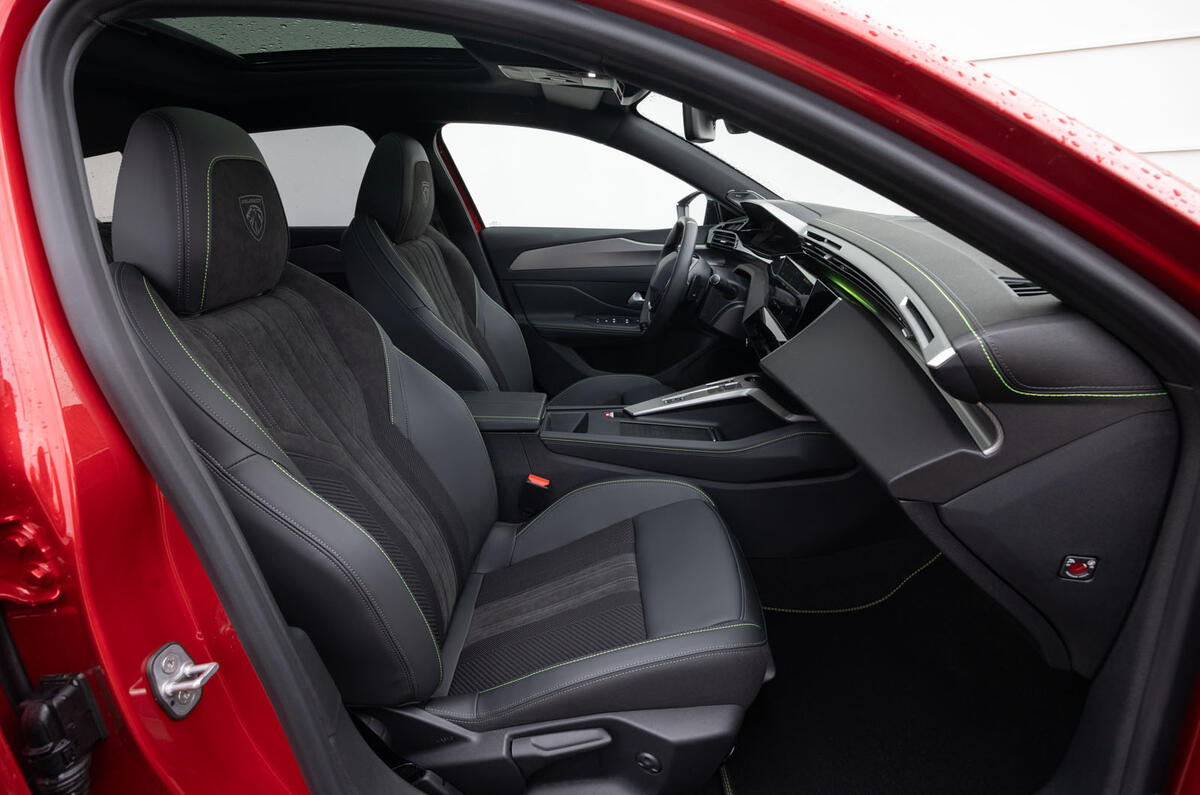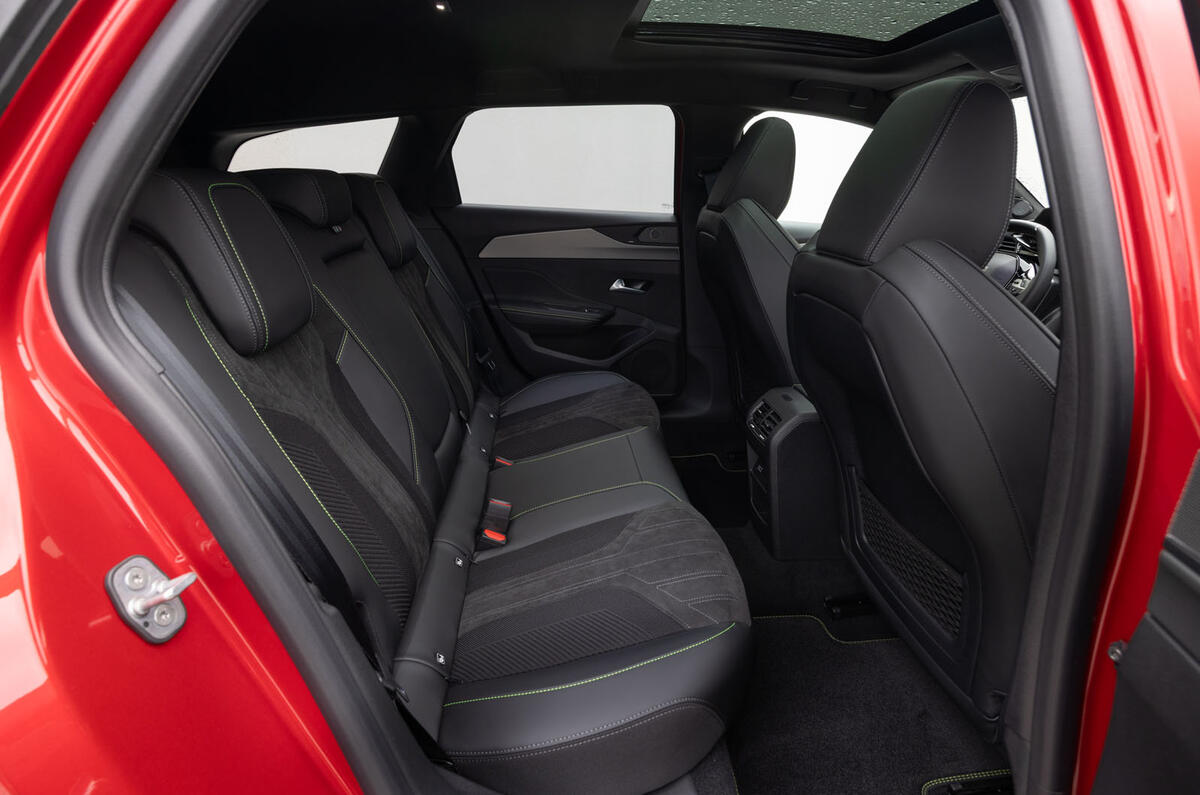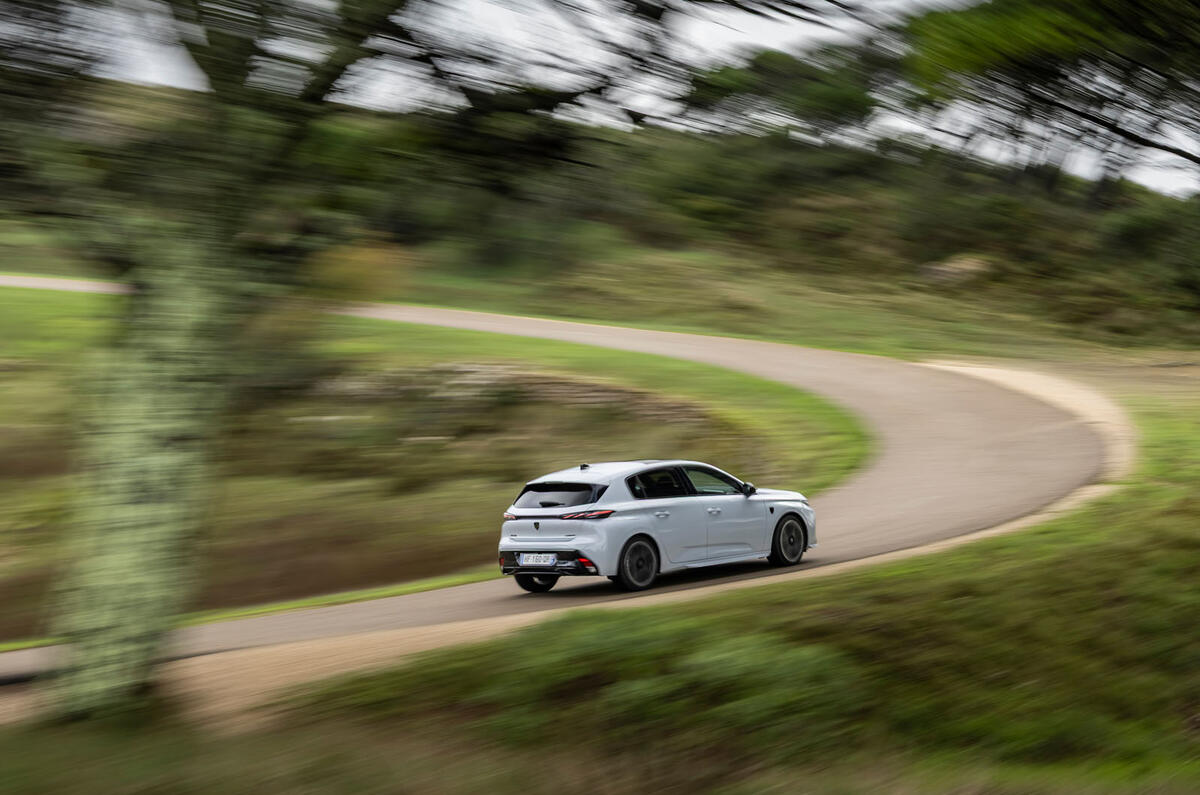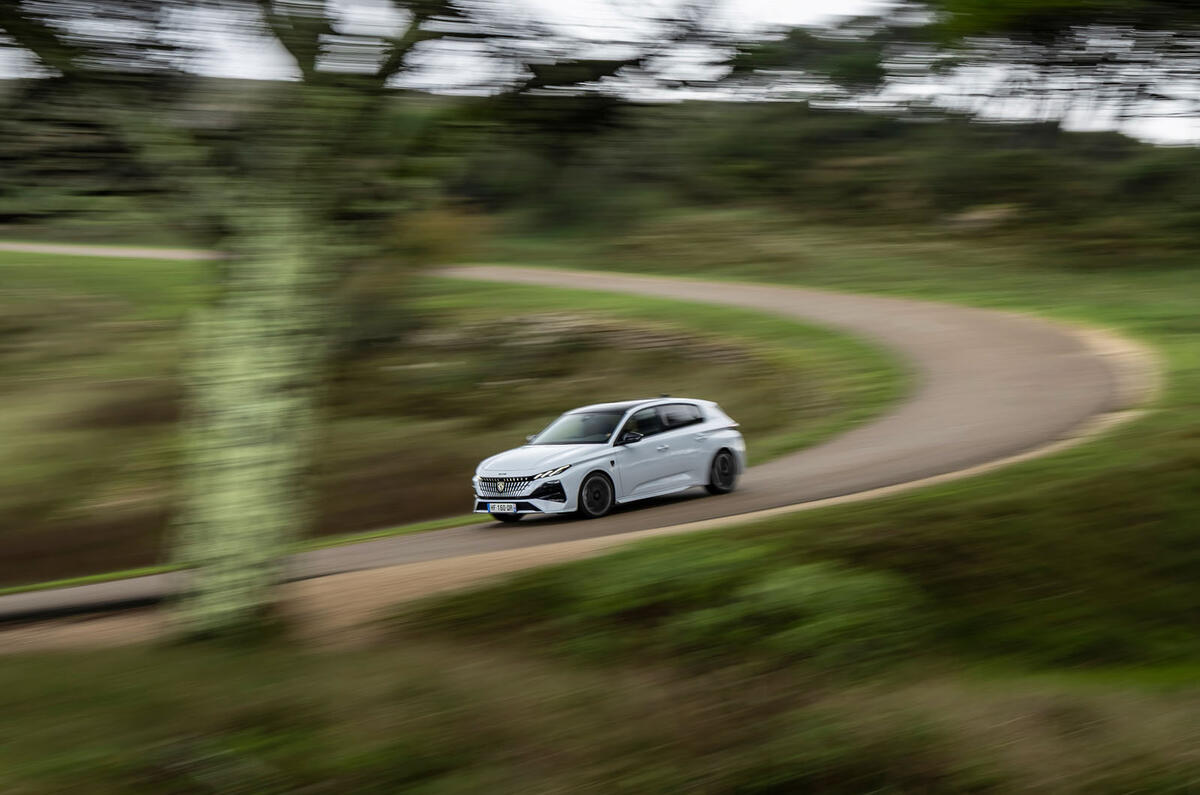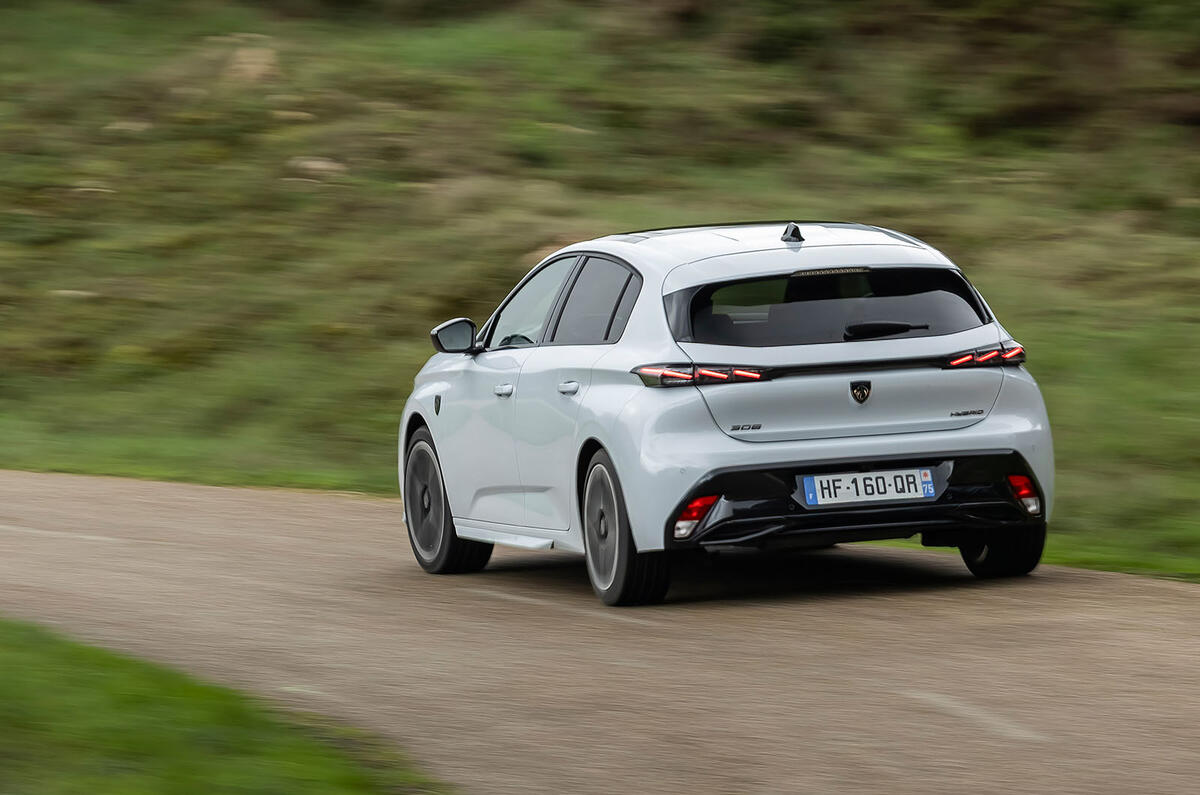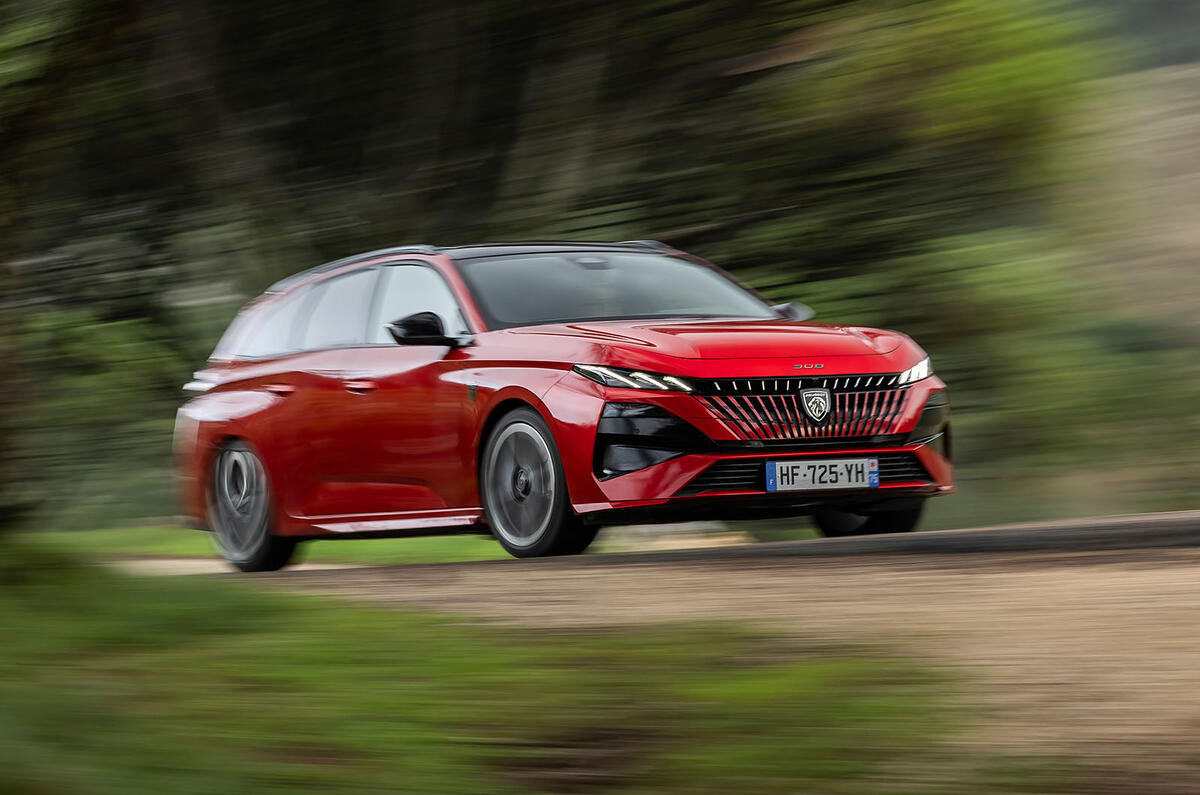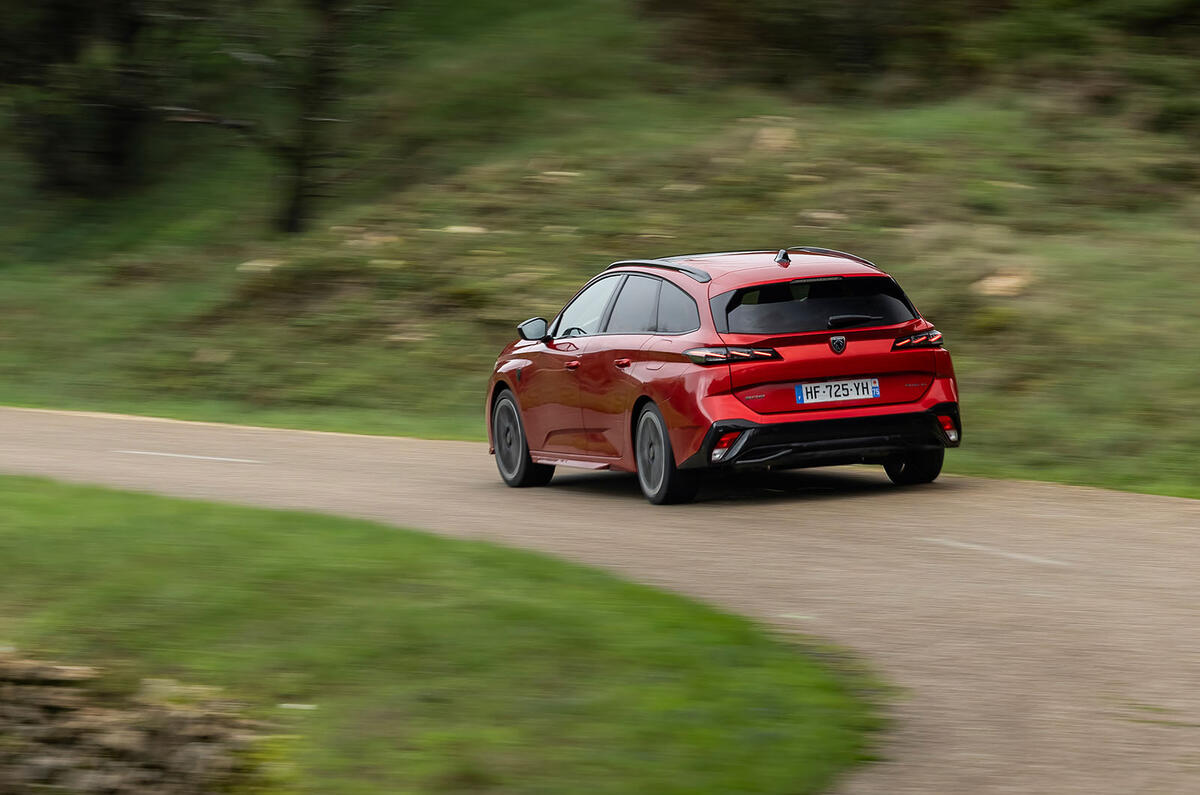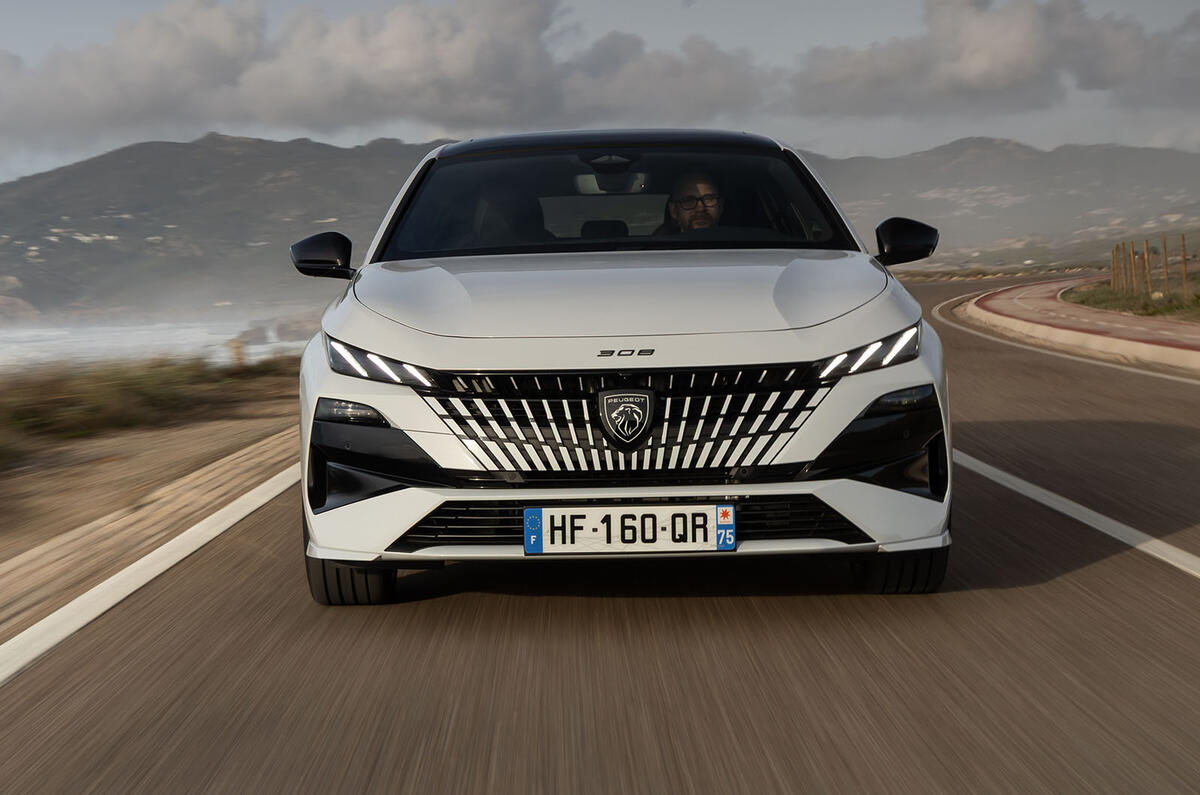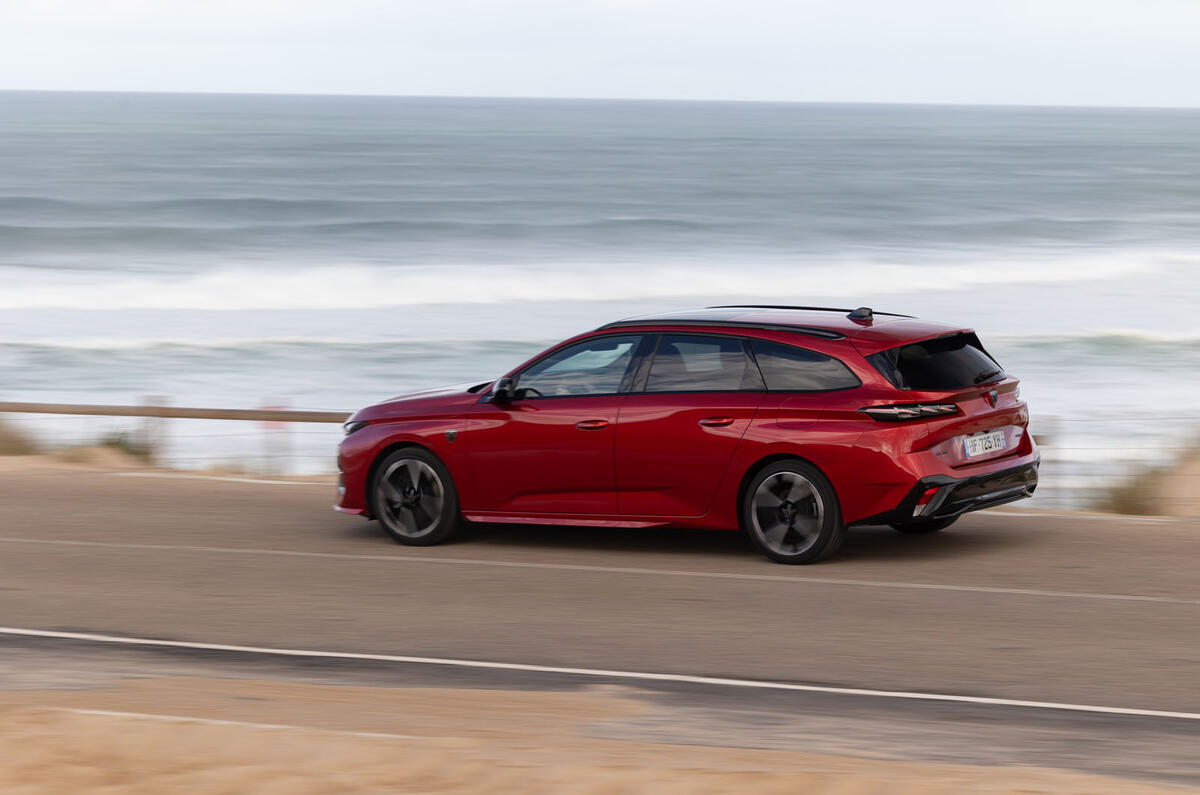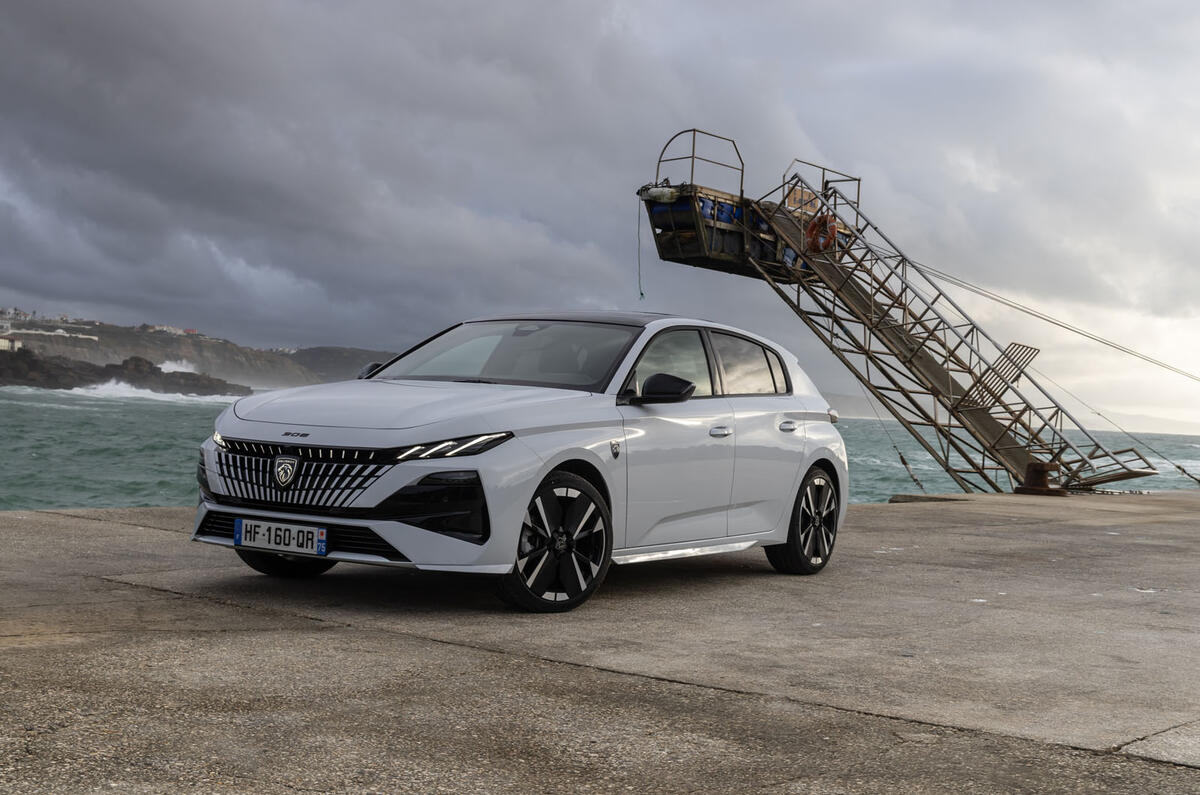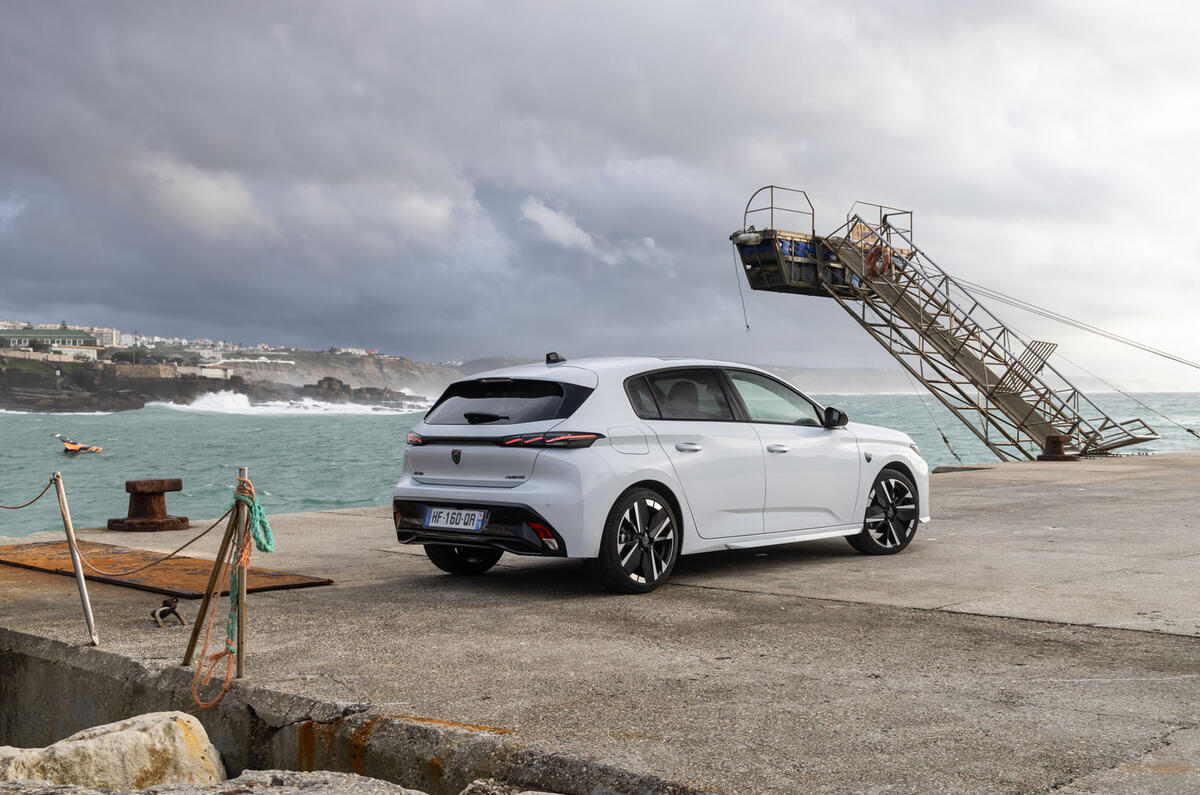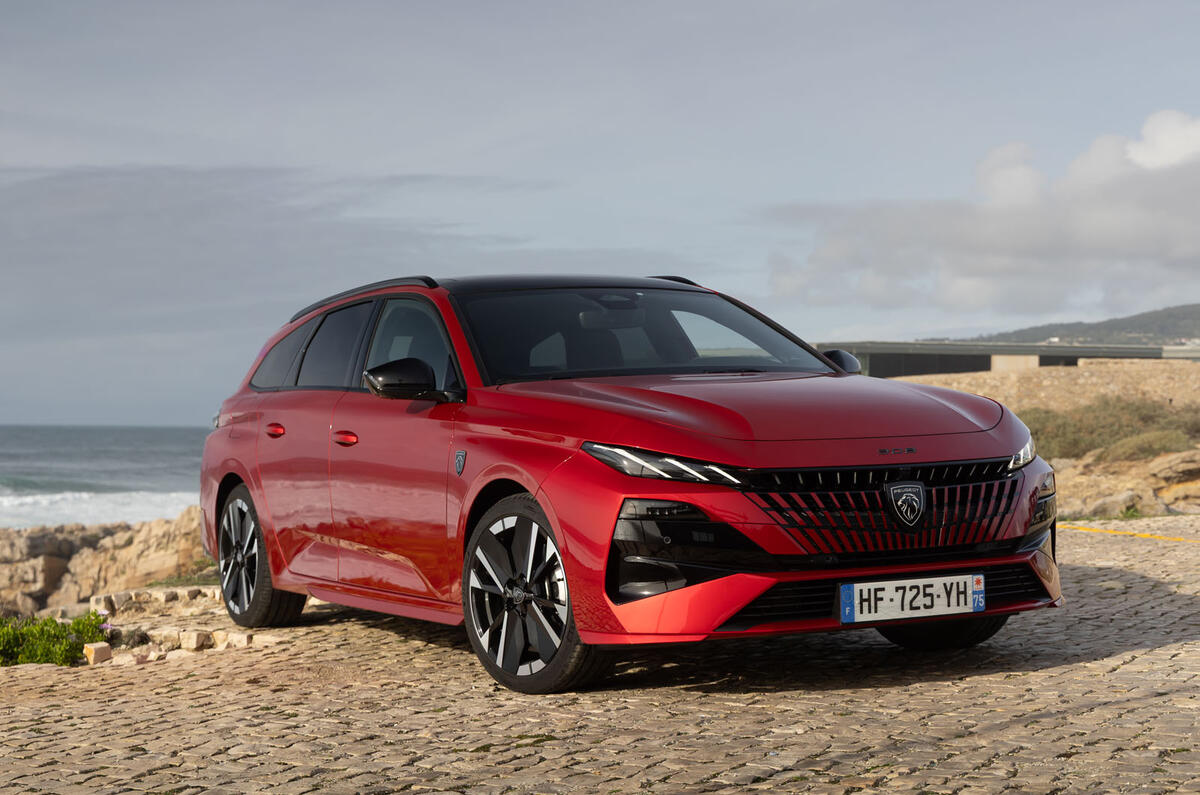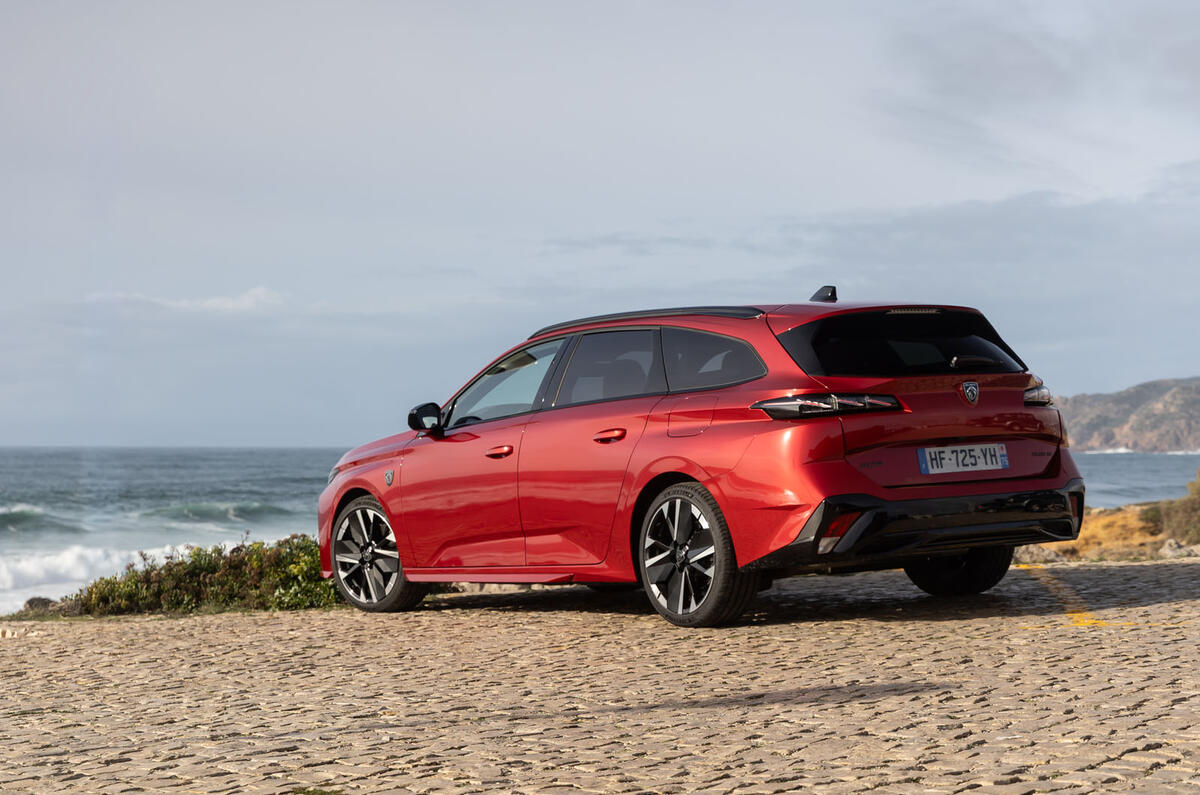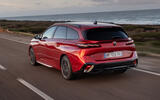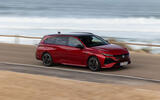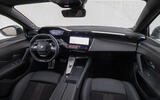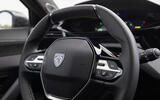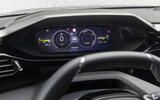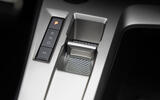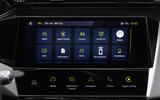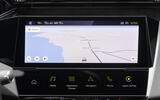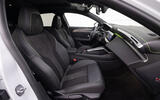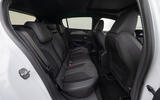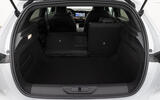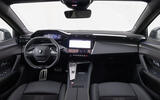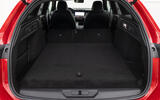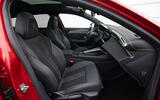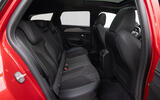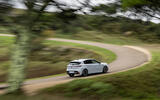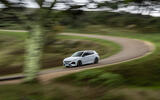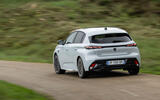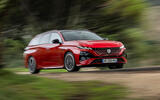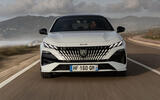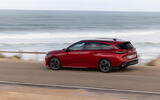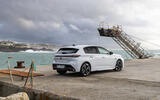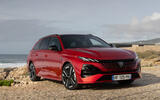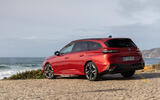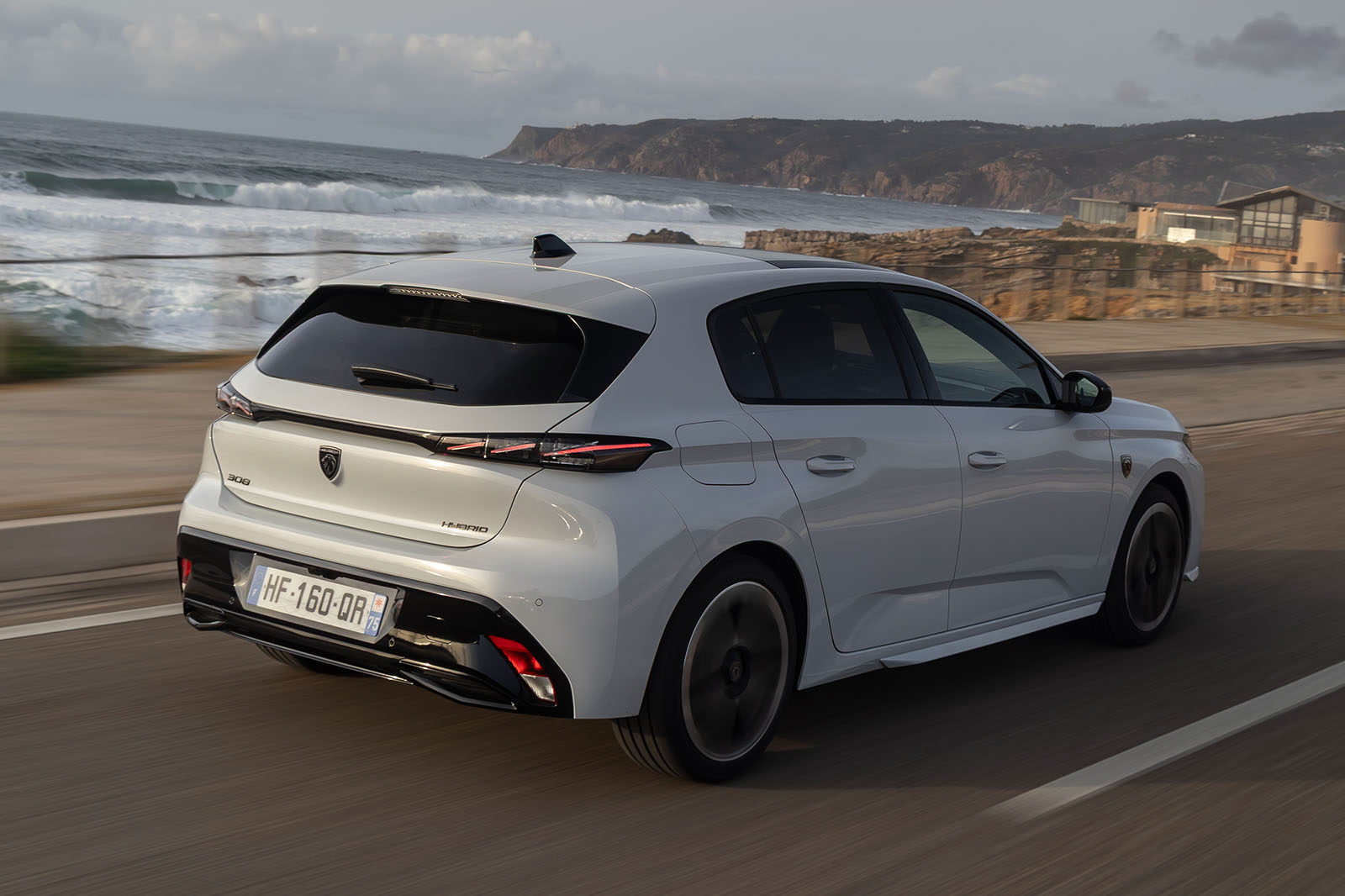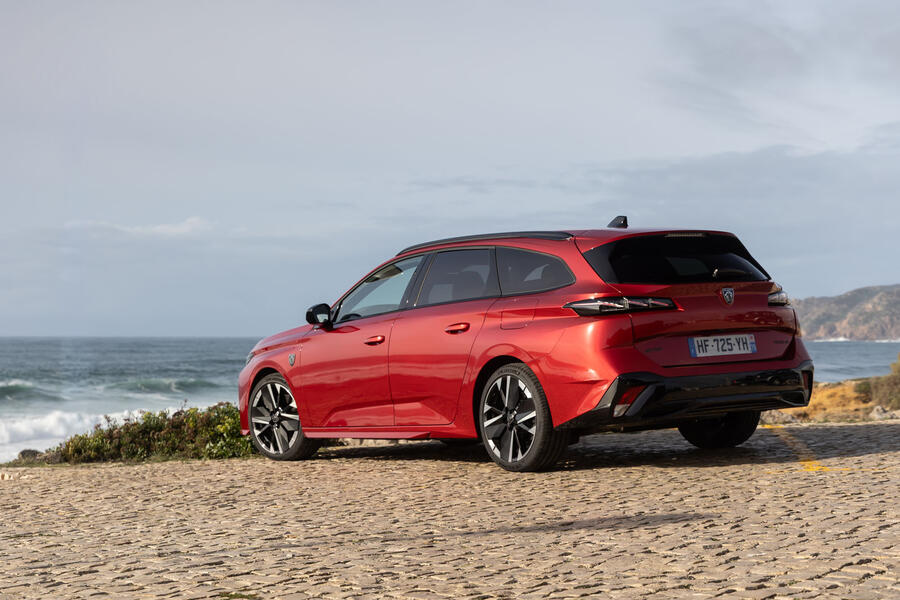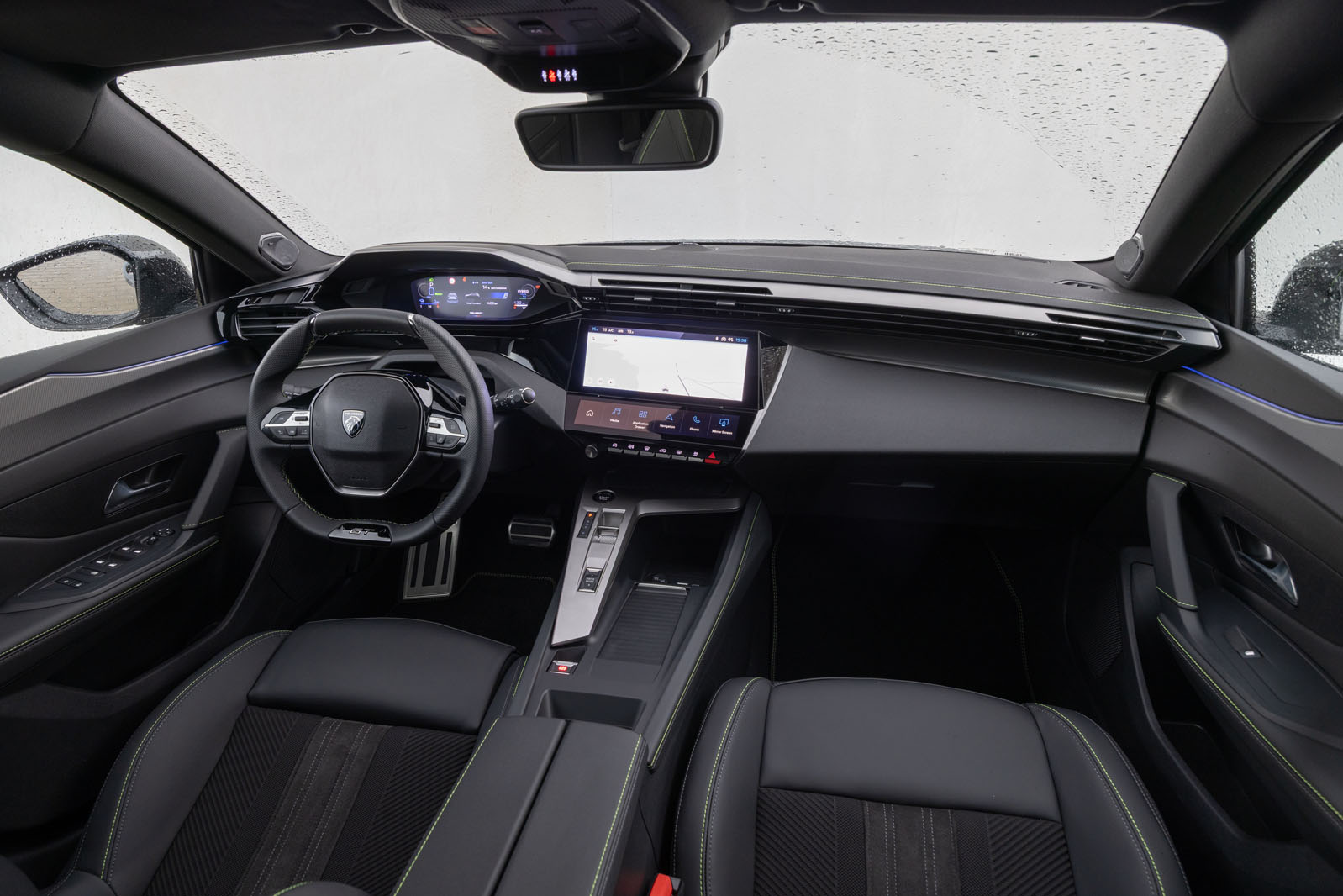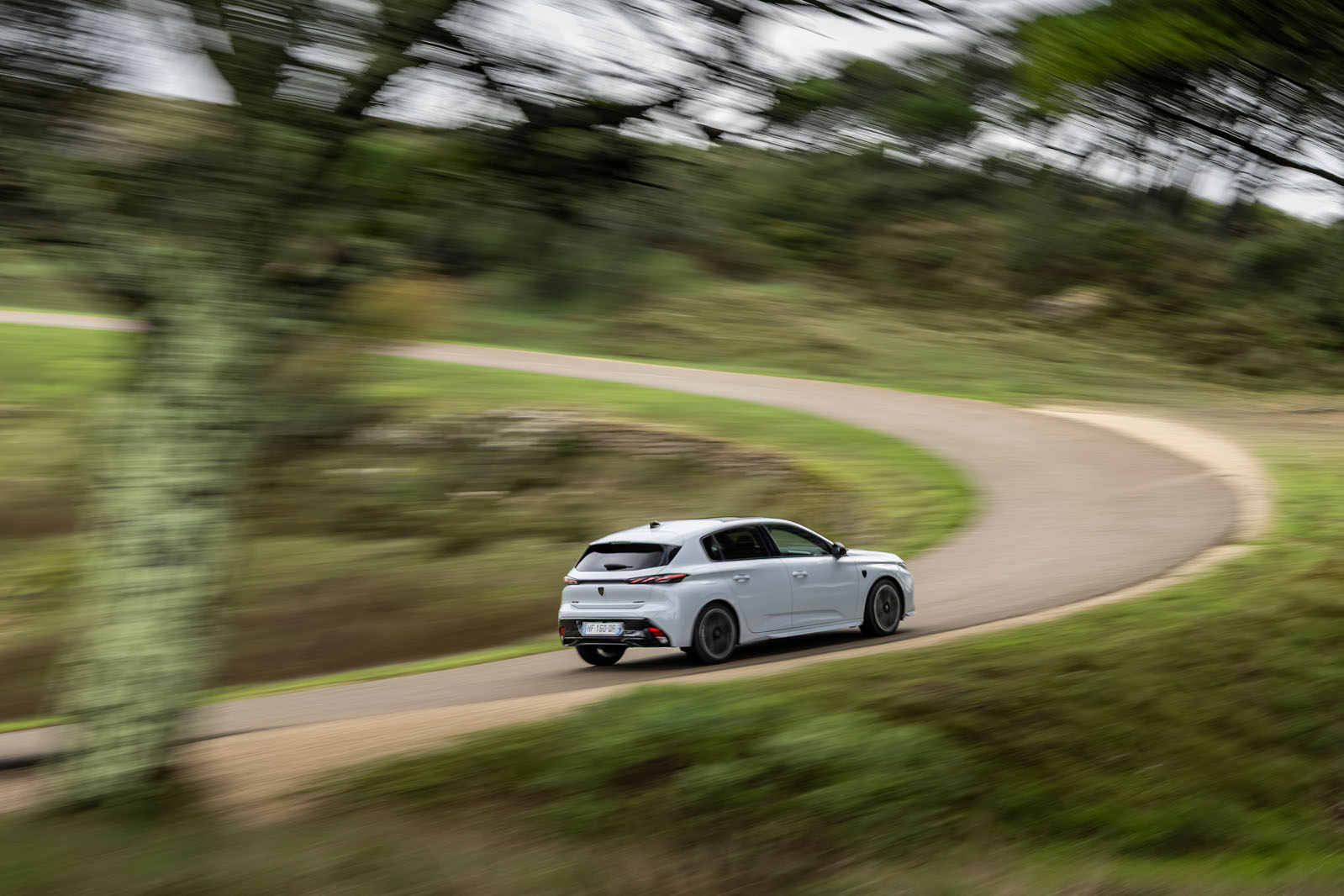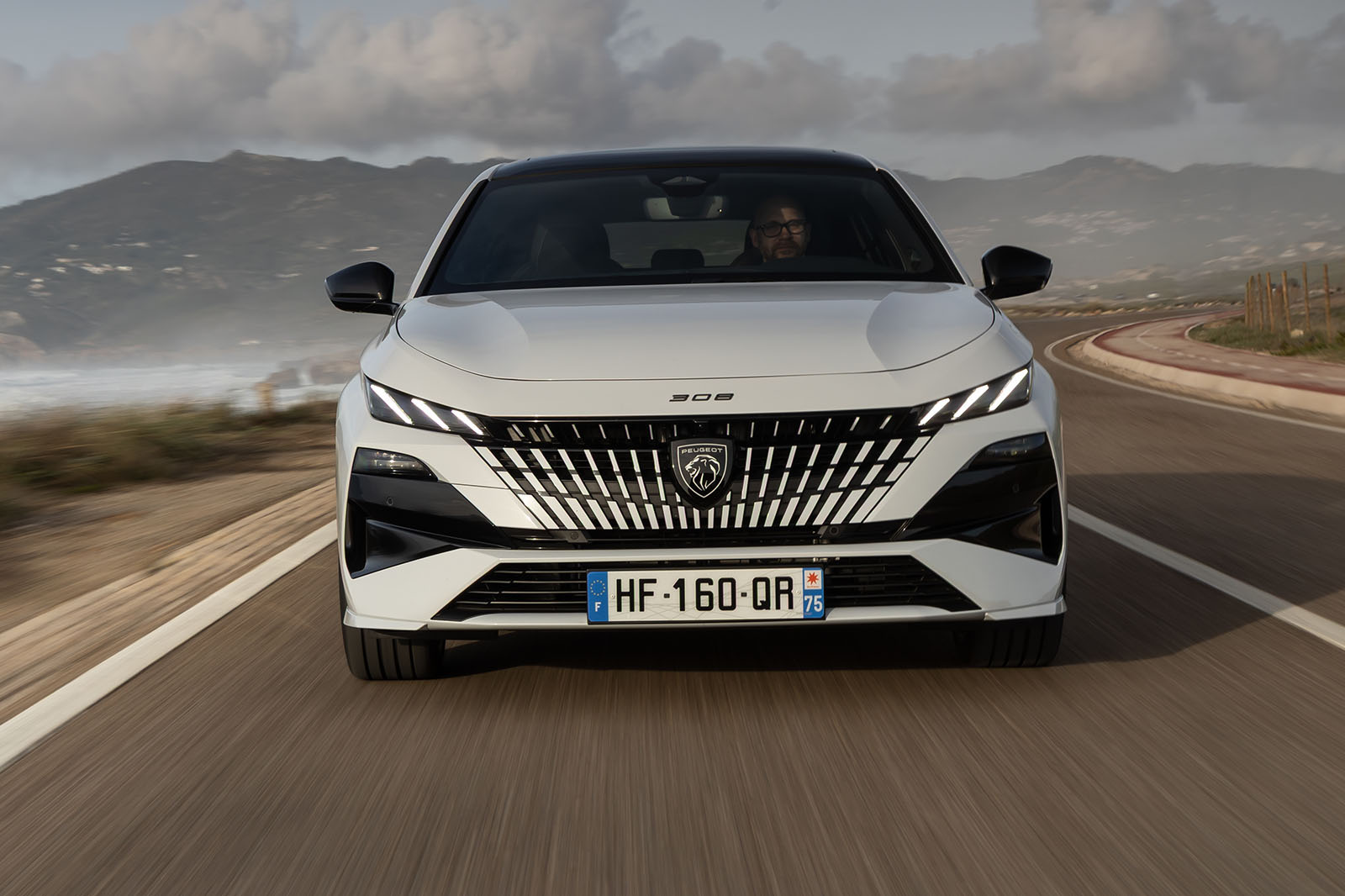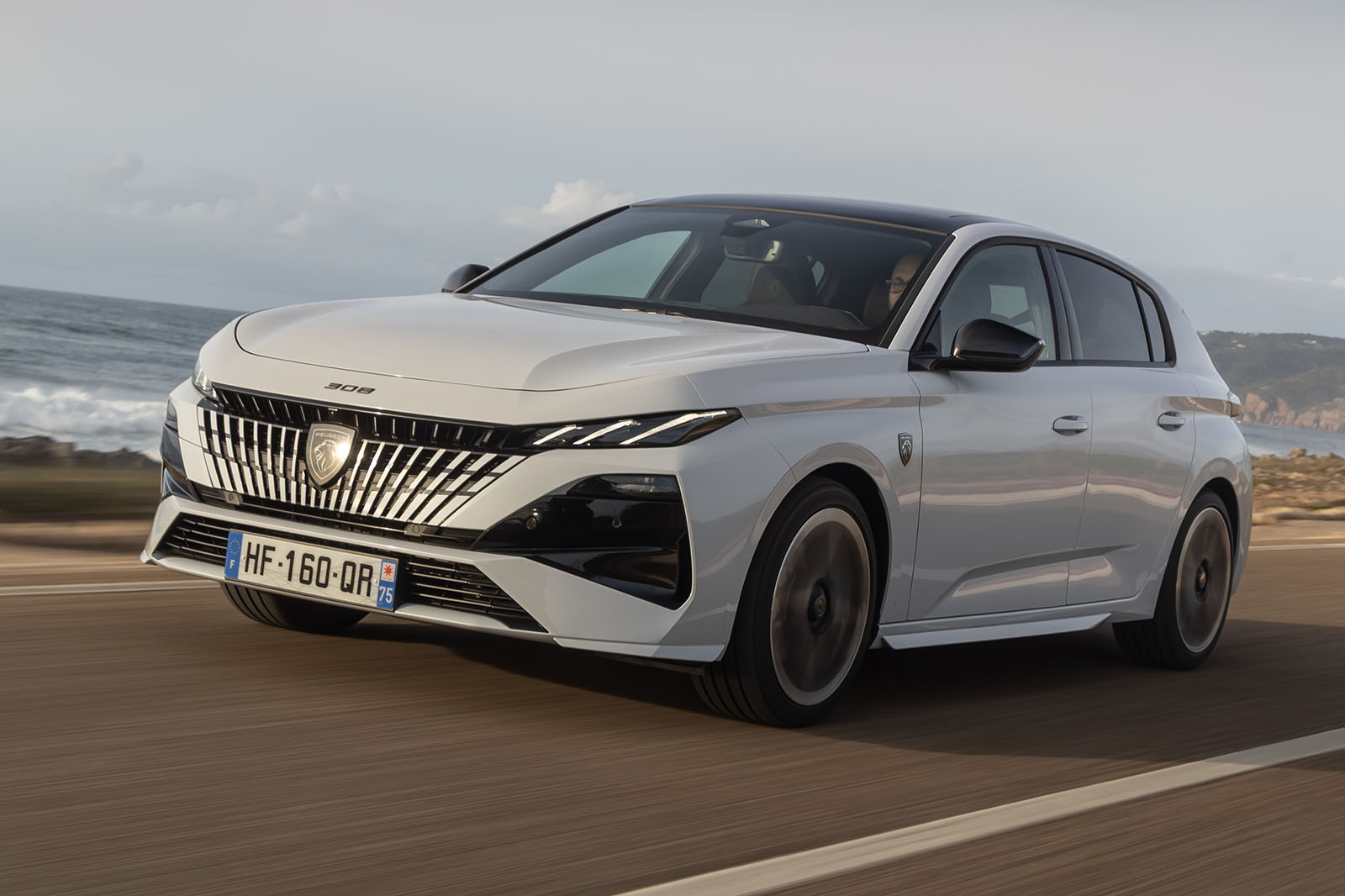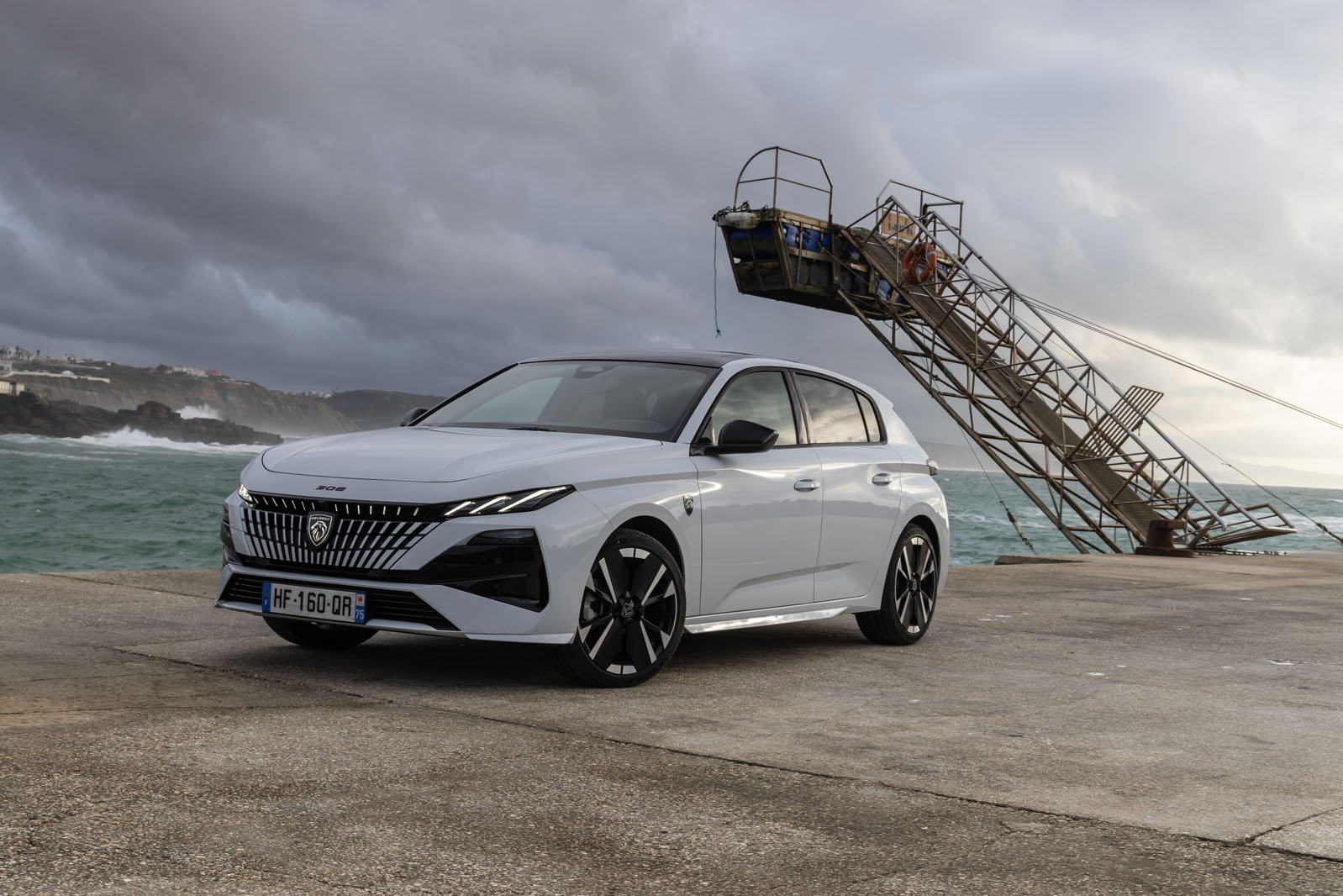Peugeot’s i-Cockpit control regime has been with us for more than a decade now. Consisting of a lowish-set downsized steering wheel and a high-placed set of instruments, it was, and remains, Peugeot’s us-against-the-world attempt at redefining a normal control layout.
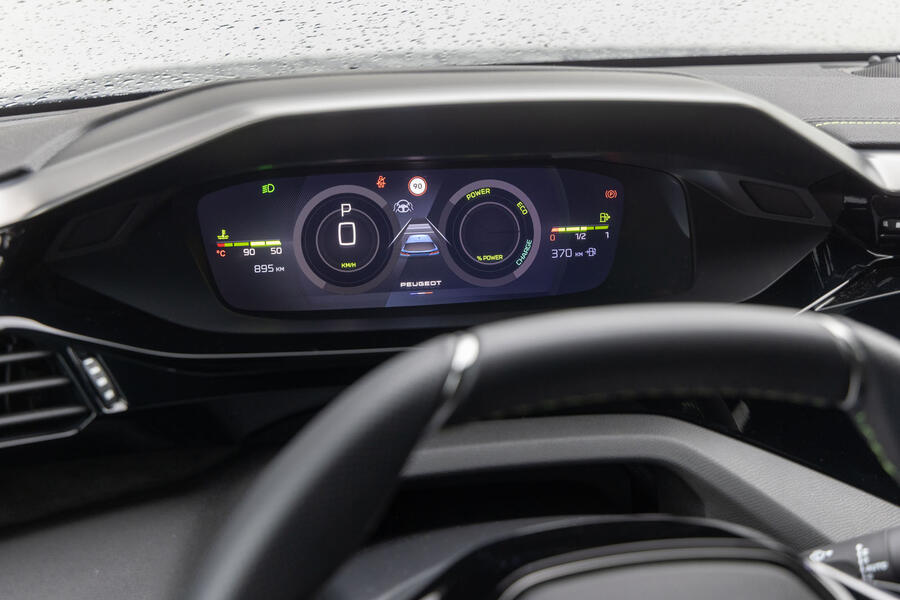
Much time-honoured convention has been sacrificed on this ergonomic altar over the years. When the previous Peugeot 308 came out in 2013, it did do so with speedometer and rev-counter clocks whose normal positions (revs on the left, speed on the right) had been switched around, and with the rev counter graded in an anti-clockwise direction so as to be more readable in the new i-Cockpit era. That never really felt like intuitive thinking to us, but the orientation of instruments survives into the new 308, albeit on the car’s all-digital dashboard, which comes as standard.
Even after up to a decade of getting used to it, the balance of testers reported that they still found the 308’s layout unintuitive; that the car’s handling seemed to benefit little from being translated through a smaller-diameter steering wheel; and that they didn’t enjoy an unencumbered view of the instruments in any case. With all of that said, it works better in the 308, with its lowish driving position, than in the smaller 208.
Be that as it may, though, if Peugeot’s designers could have been talked out of their ergonomic coup, it would have surely happened by now. And elsewhere, the 308 strikes quite a convincing semi-premium vibe. The car’s cabin is one of smart, boldly drawn geometric lines, moderately expensive-looking metallised trim finishes and appealing decorative textiles.
Now, the 308 definitely holds its own on ambient cabin appeal. It offers abundant oddment storage for the front seats also, thanks not least to Peugeot finally making the 308’s fuse box a part of its right-hand-drive conversion, meaning UK 308 owners get a full-size glove compartment.
The car’s front seats offer good support and reasonable comfort, although taller drivers might want a little more headrest adjustment range and lumbar support. Second-row accommodation remains quite lean by class standards – good enough for younger children but certainly not for taller adults, with both head room and knee room in pretty short supply. The estate provides a useful improvement in this area, thanks to its 6cm longer wheelbase.
Boot space is subject to quite a sizable loading lip in the hatch, and maximum loading space is 412 litres in most versions (314 litres in the plug-in hybrid). The estate adds around 150 litres in both cases.
Multimedia system
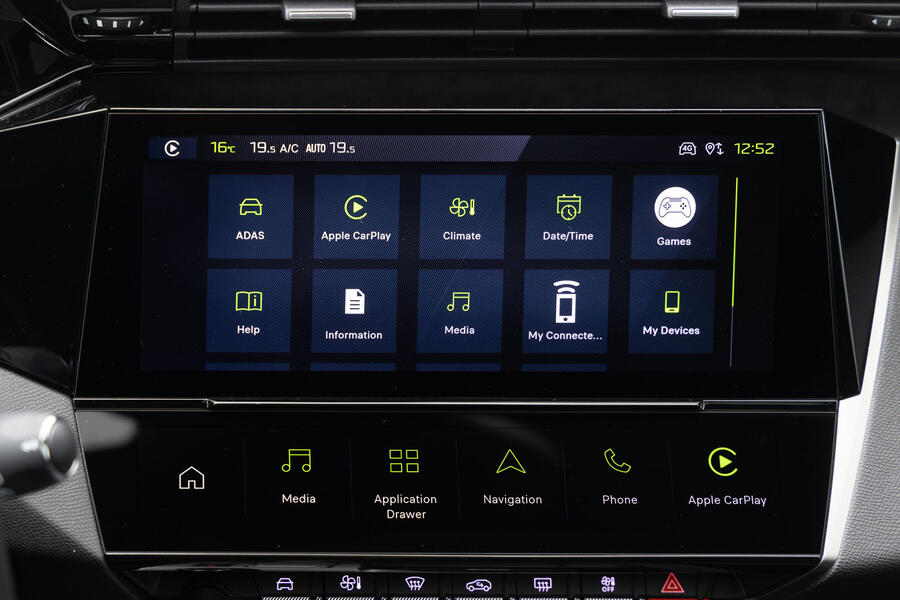
Peugeot has a slightly surprising philosophy when it comes to physical controls. There is a row of piano-key-style buttons for a few very basic functions whichever version you pick. Allure-trim additionally gets a panel with some rotary controls for the climate control and a home button for the infotainment.
This sounds very alluring indeed, because every 308 press car we’ve ever laid our hands on has been a more upmarket GT trim, which replaces this panel with what Peugeot calls i-Toggles. In effect, this is a smaller touchscreen with five user-configurable shortcuts. It’s a nice idea, but you're relatively limited in what you can actually make them do.
The rest of the system is now looking rather fussy compared with the best rivals’. It isn’t as responsive as some; it’s quite prescriptive about which functions can be accessed while you are driving; and it will warn you if you’ve been looking at it for too long, rather than at the road ahead. That might sound like a good safety feature, but a less distracting system overall would be a much better one.




